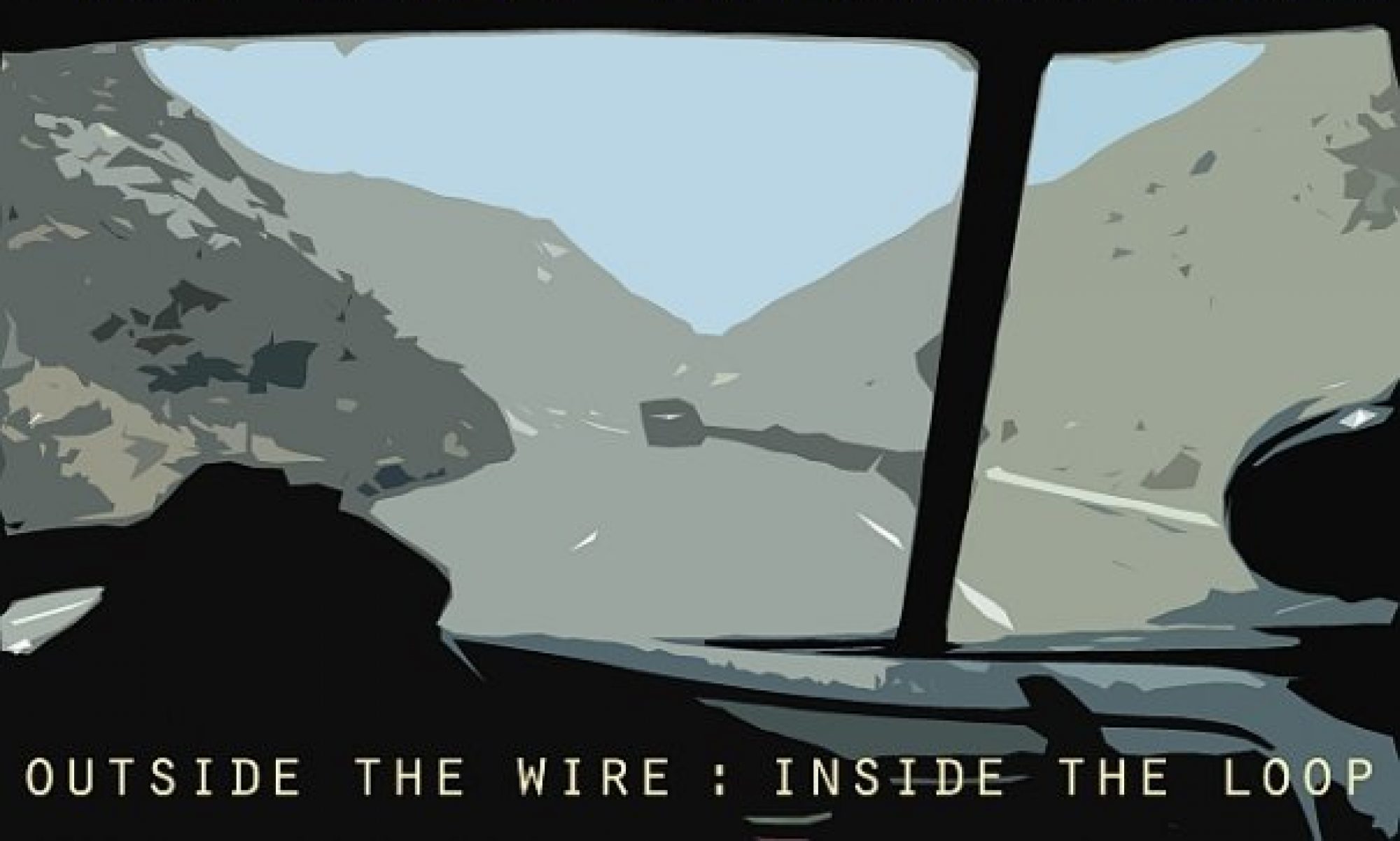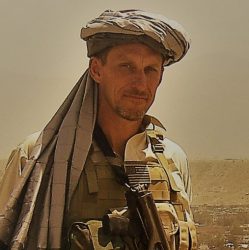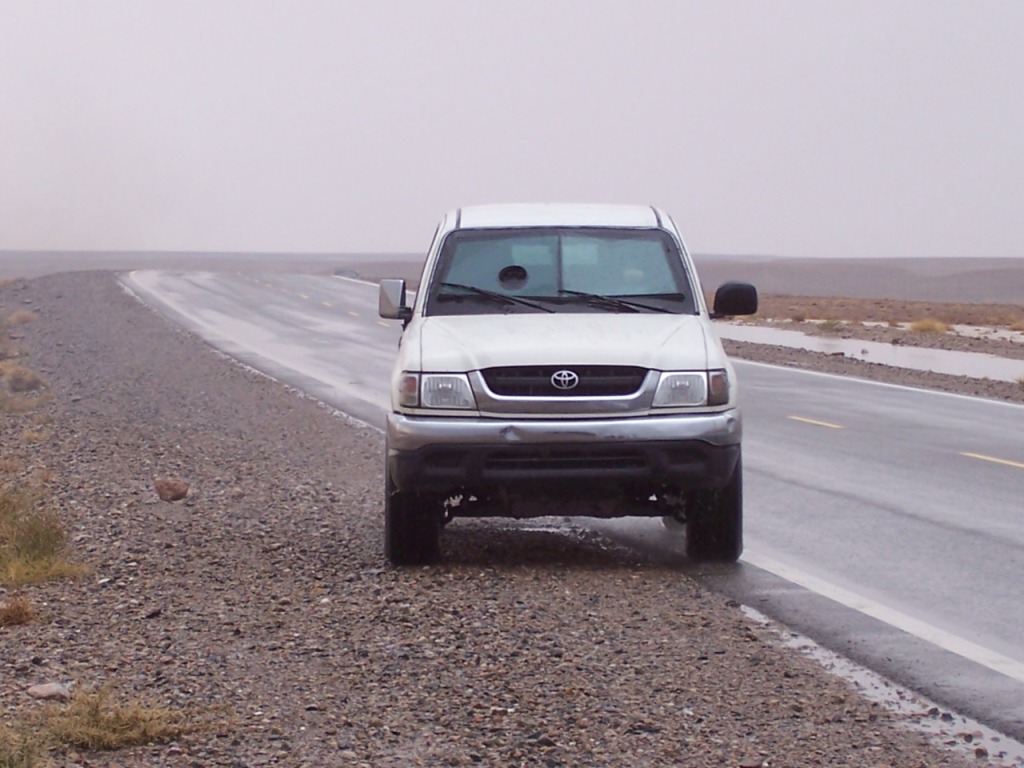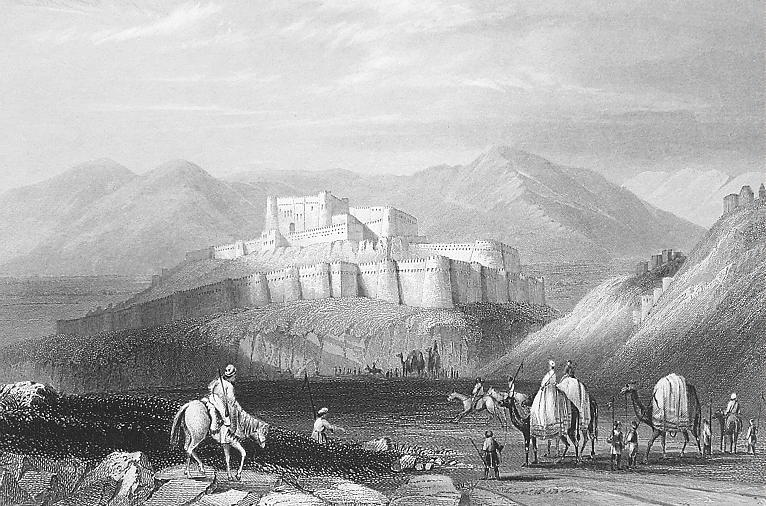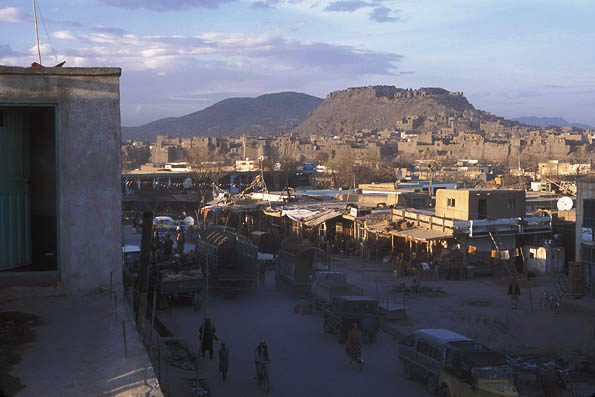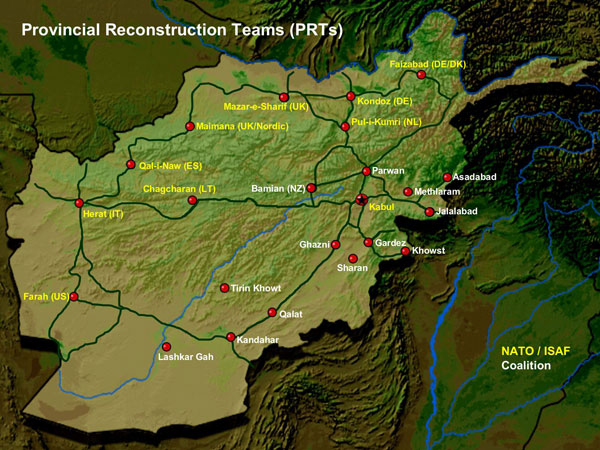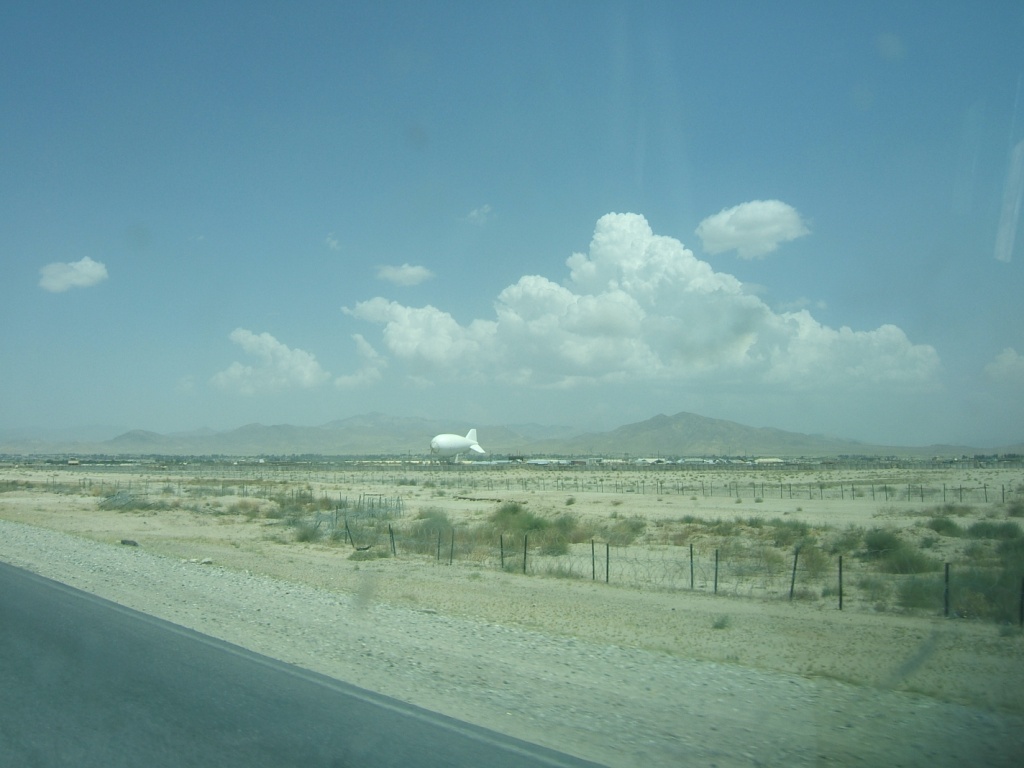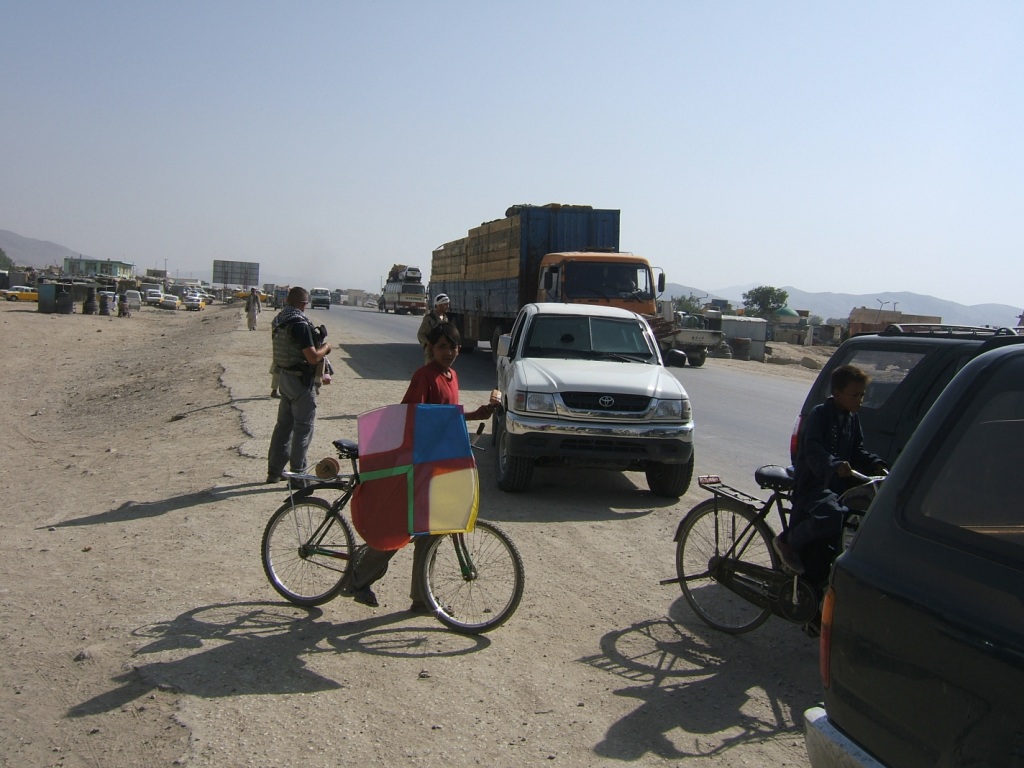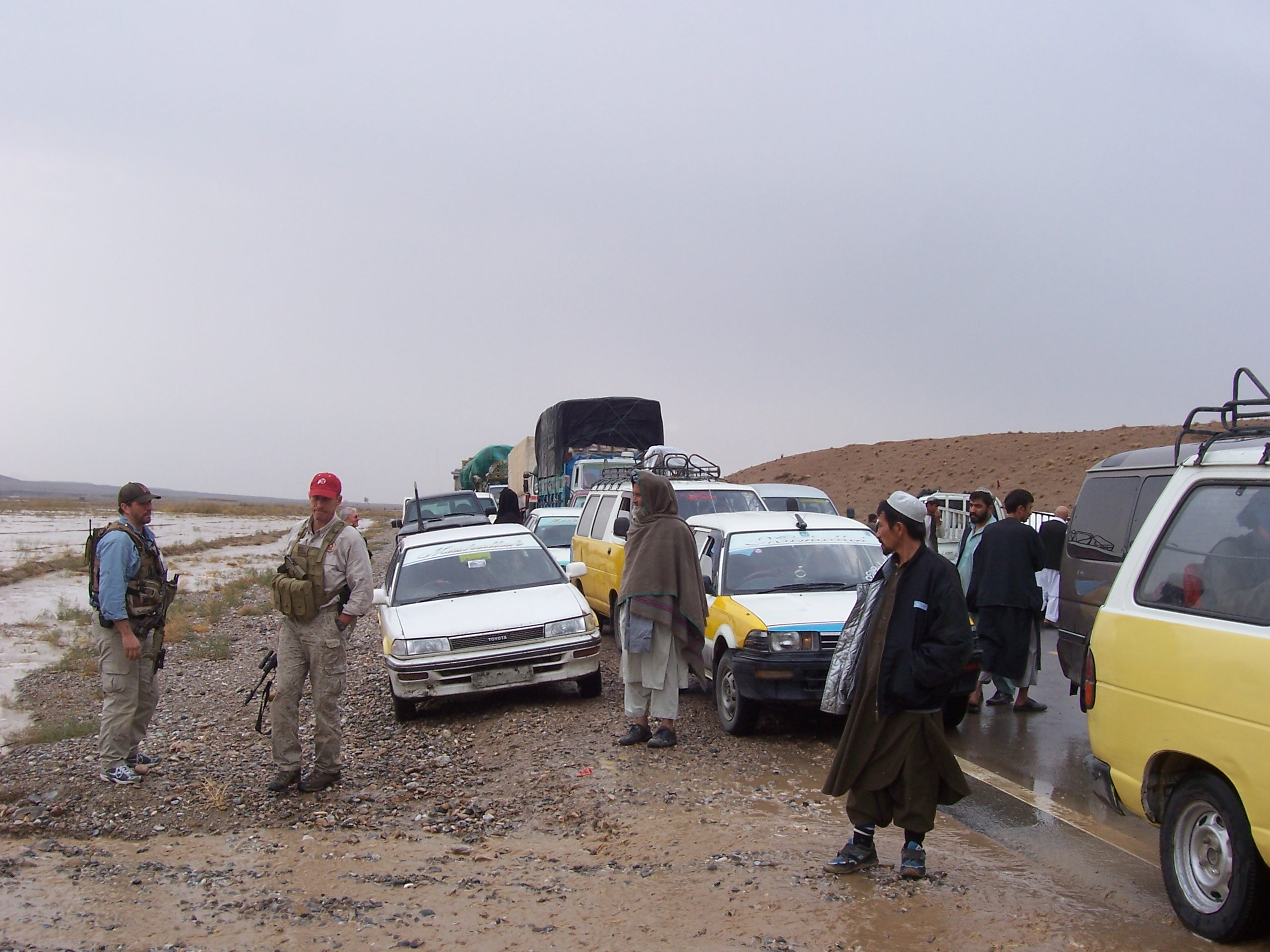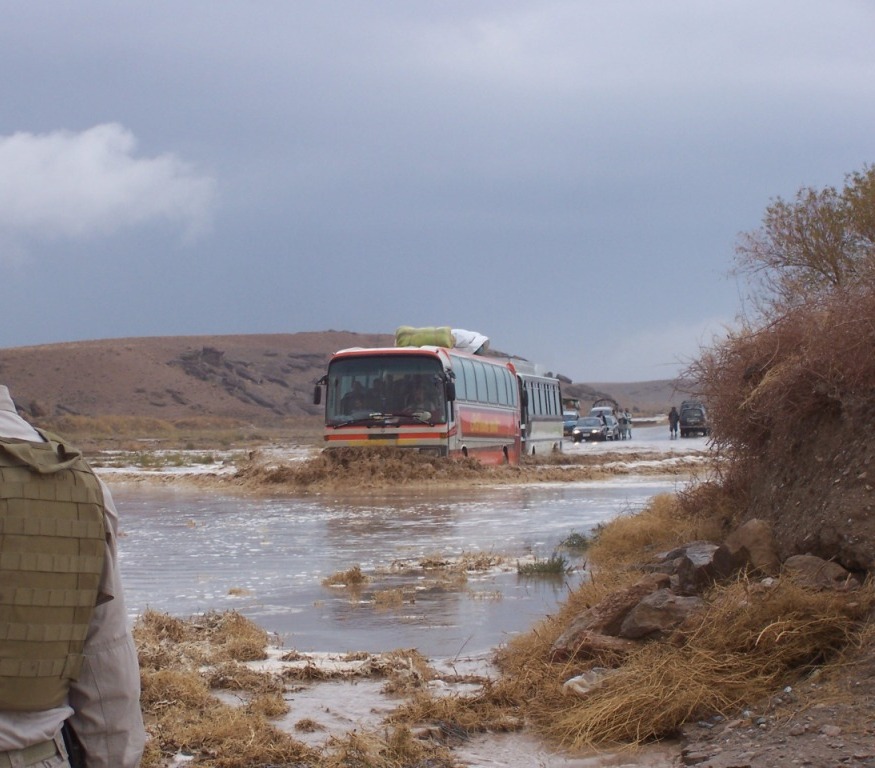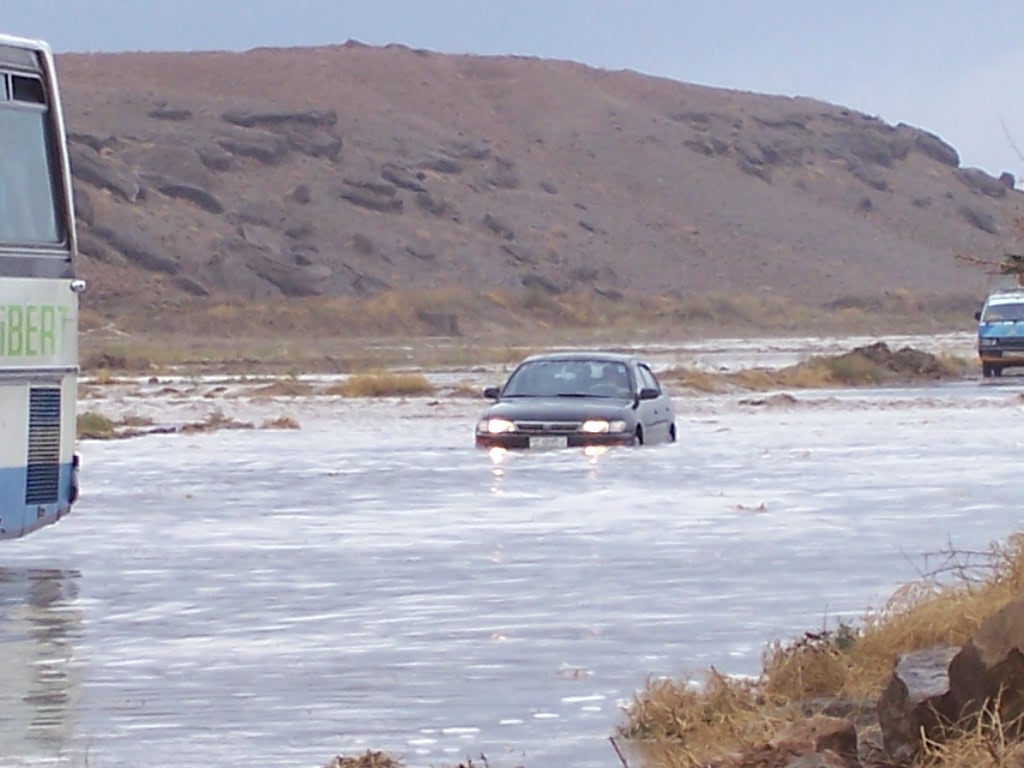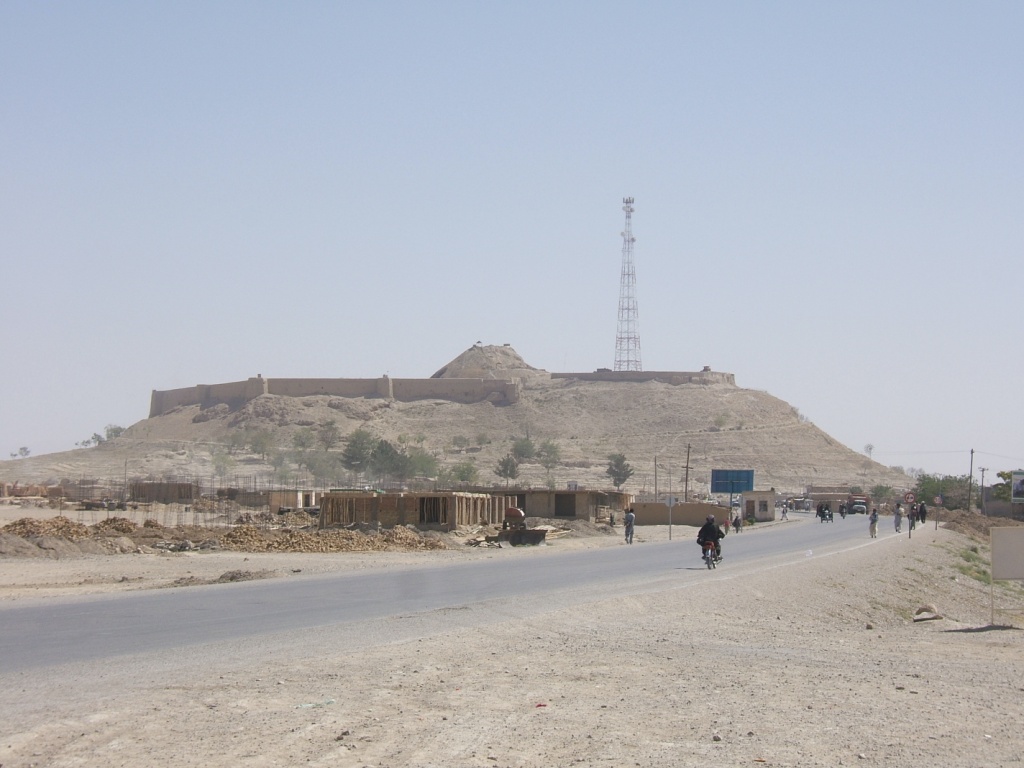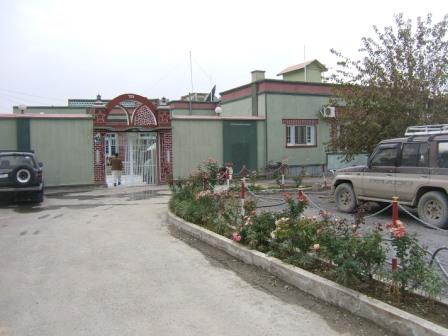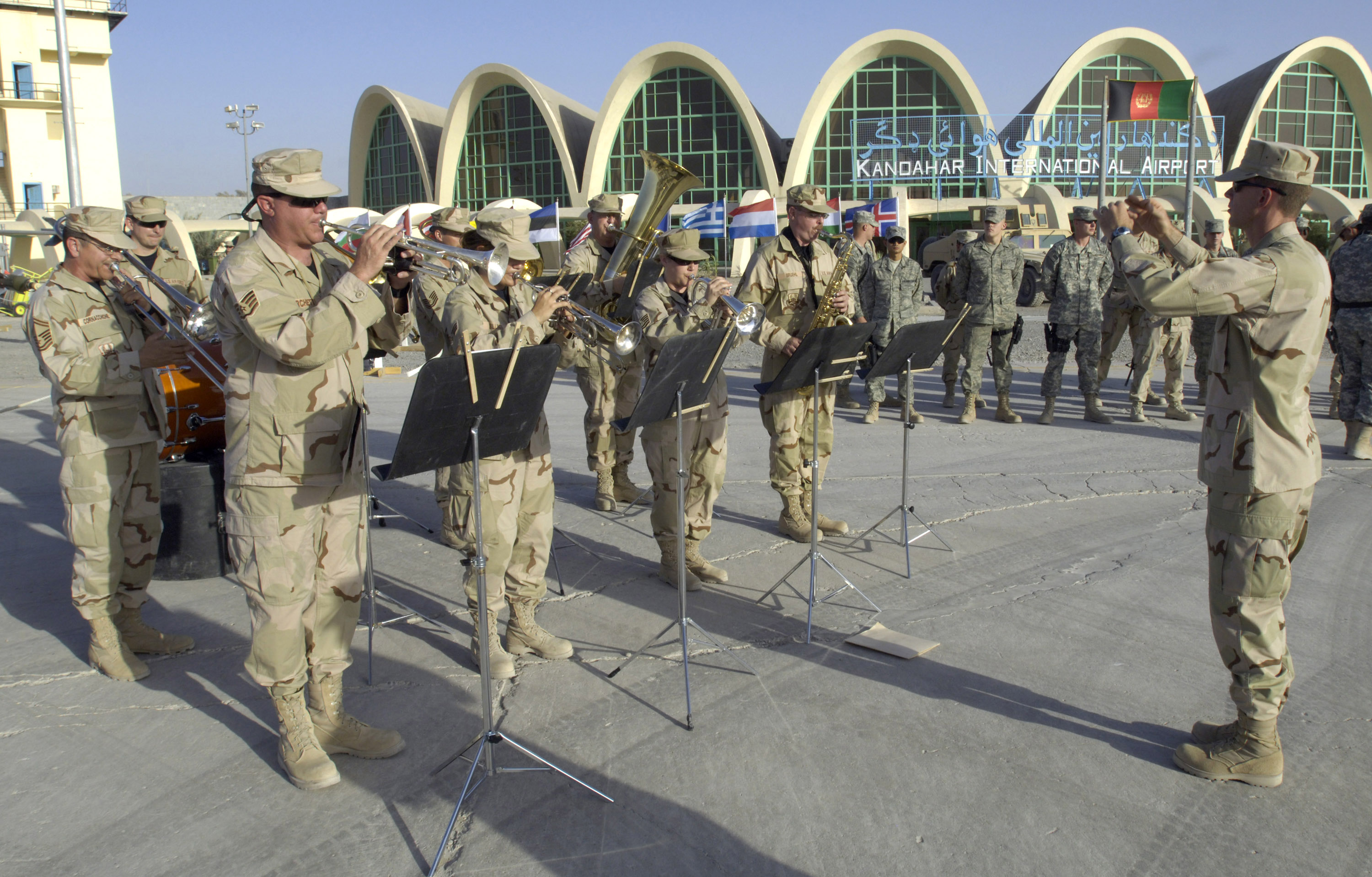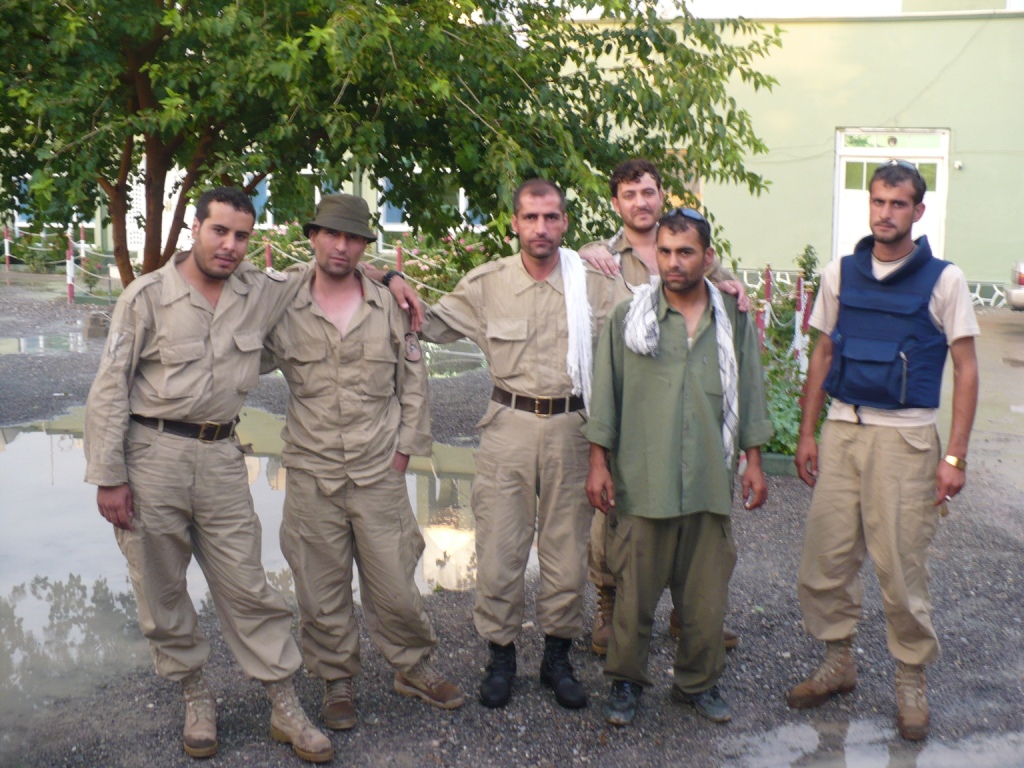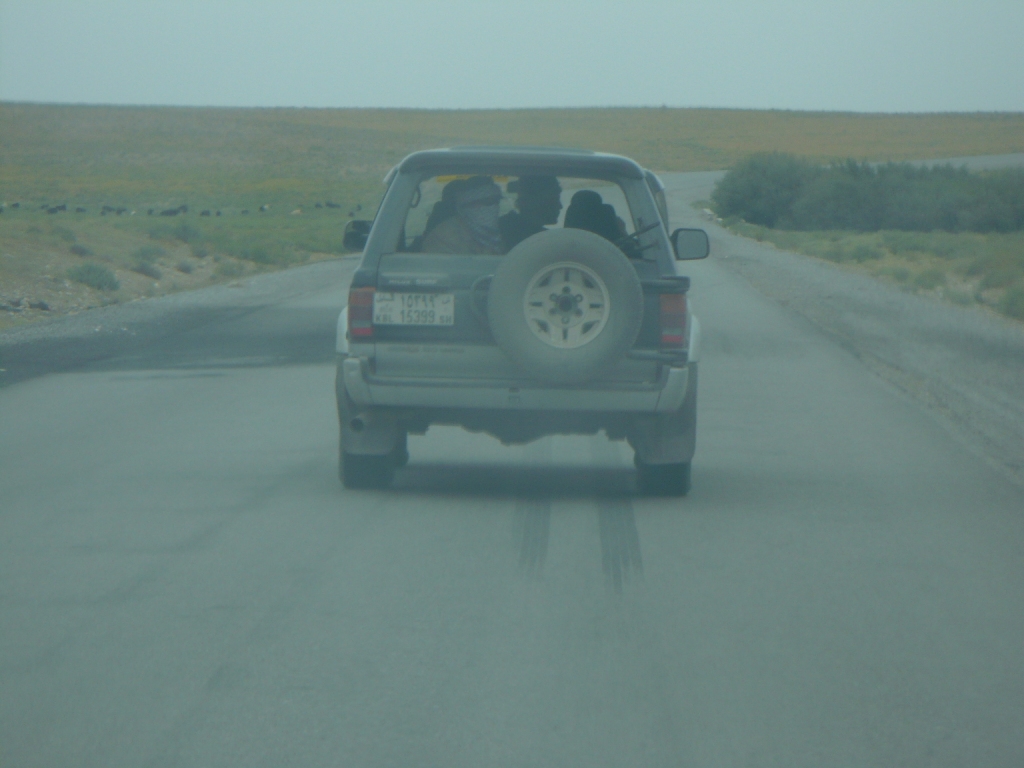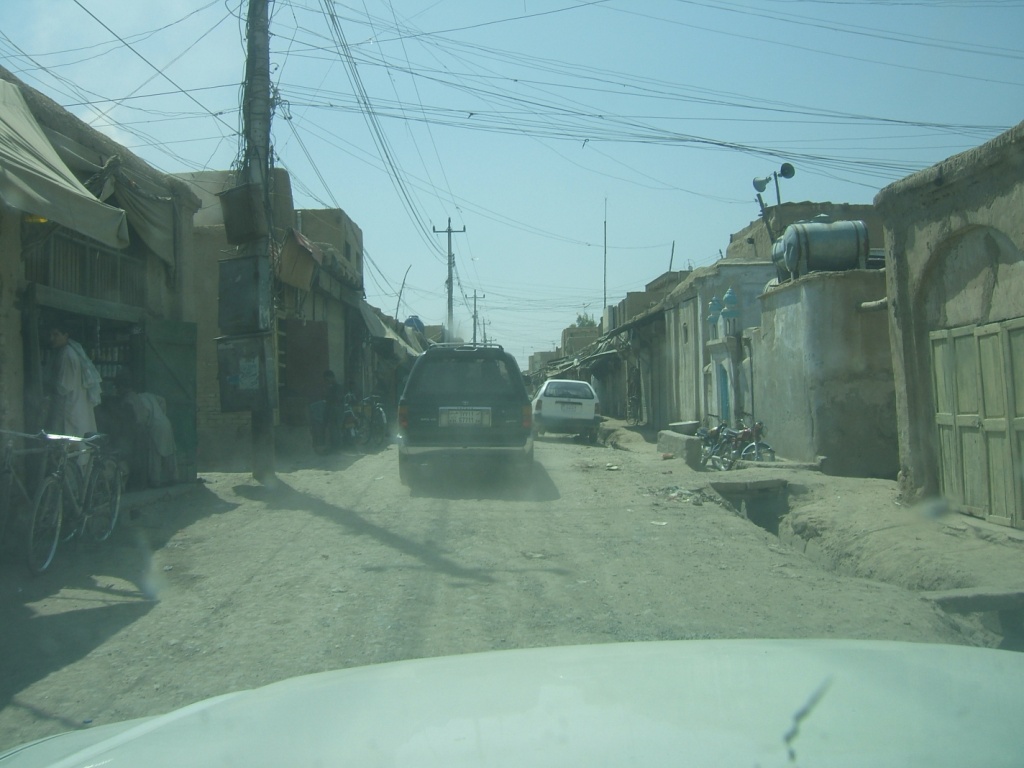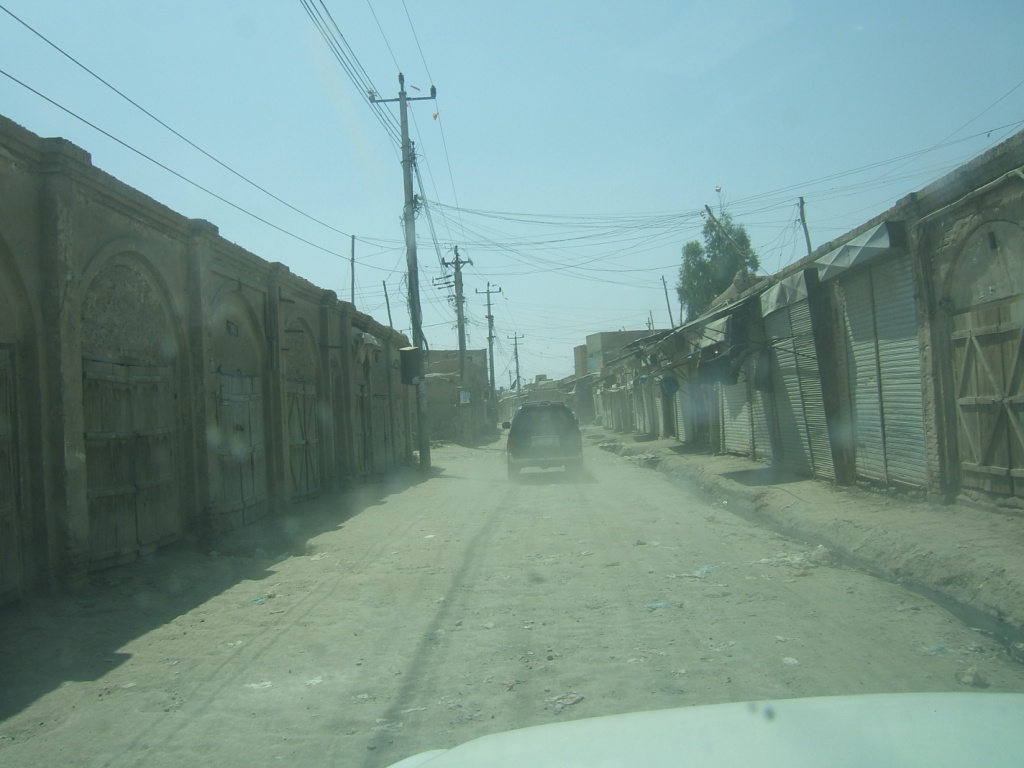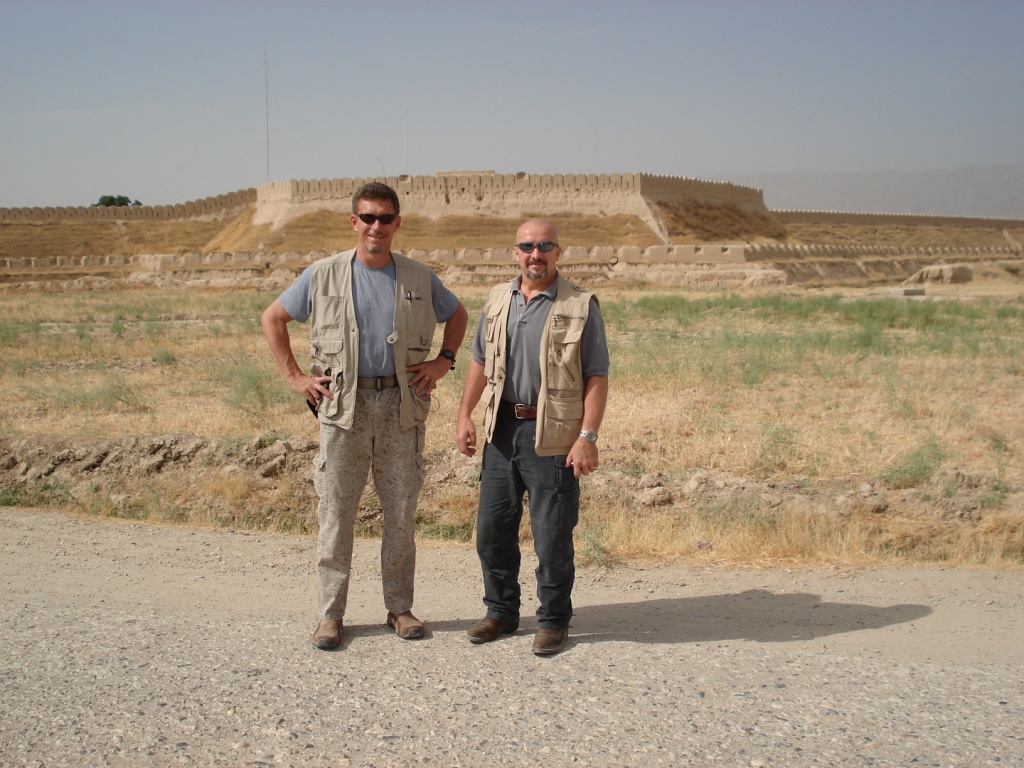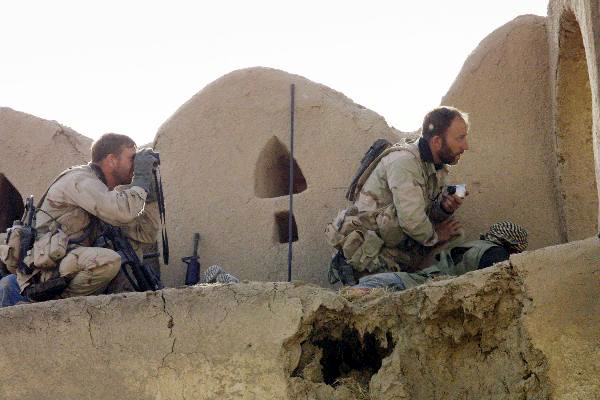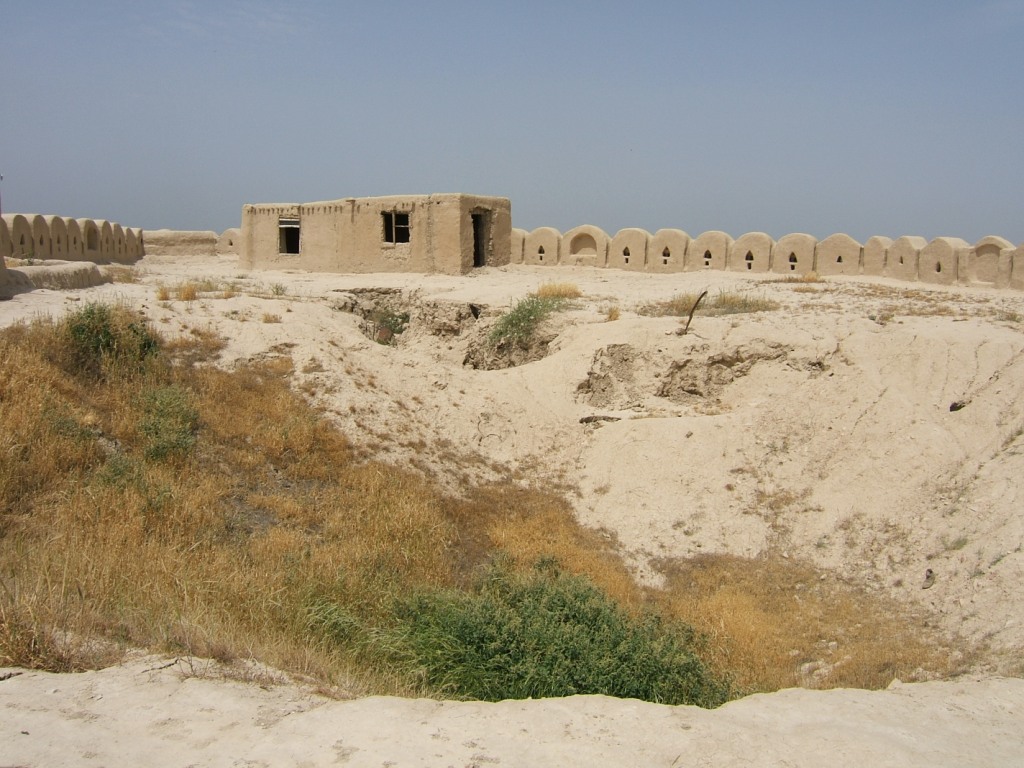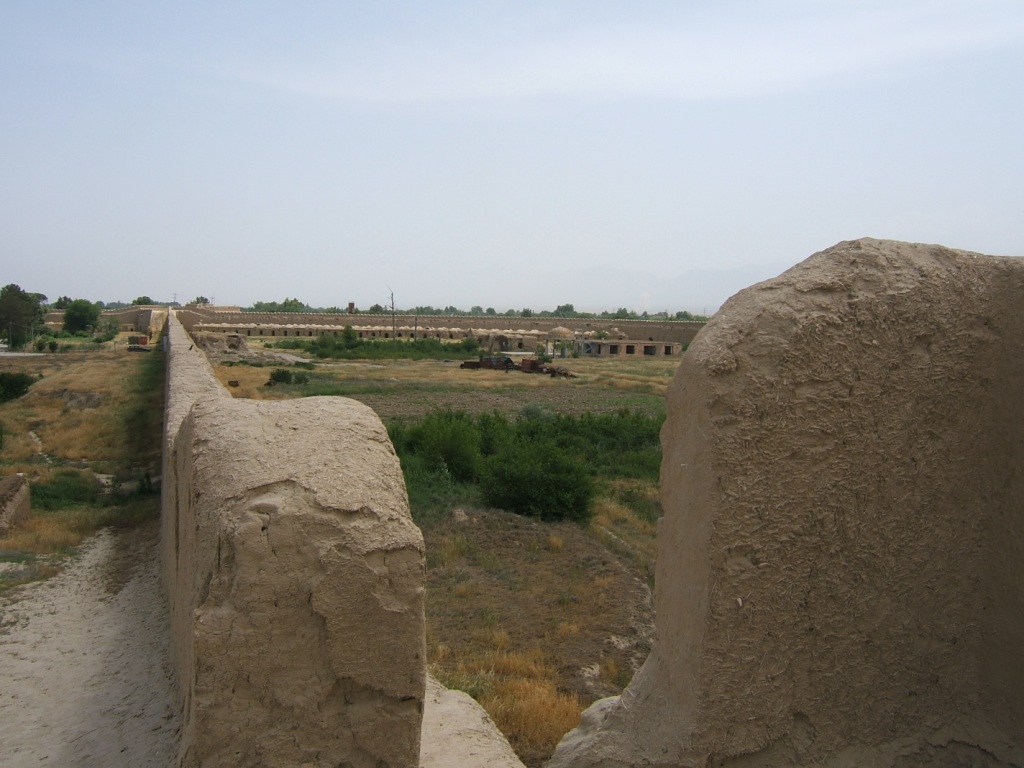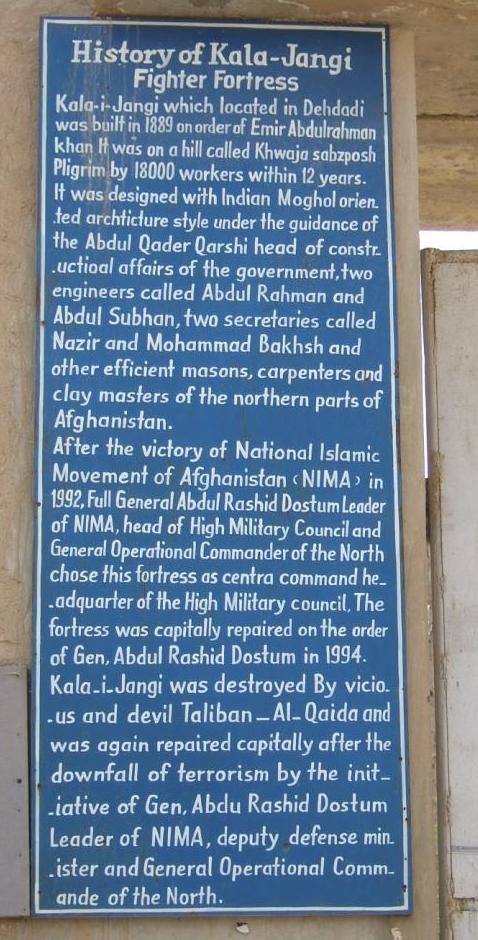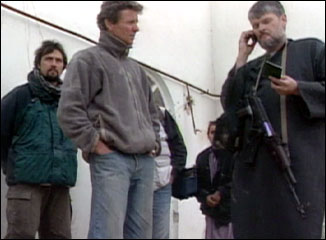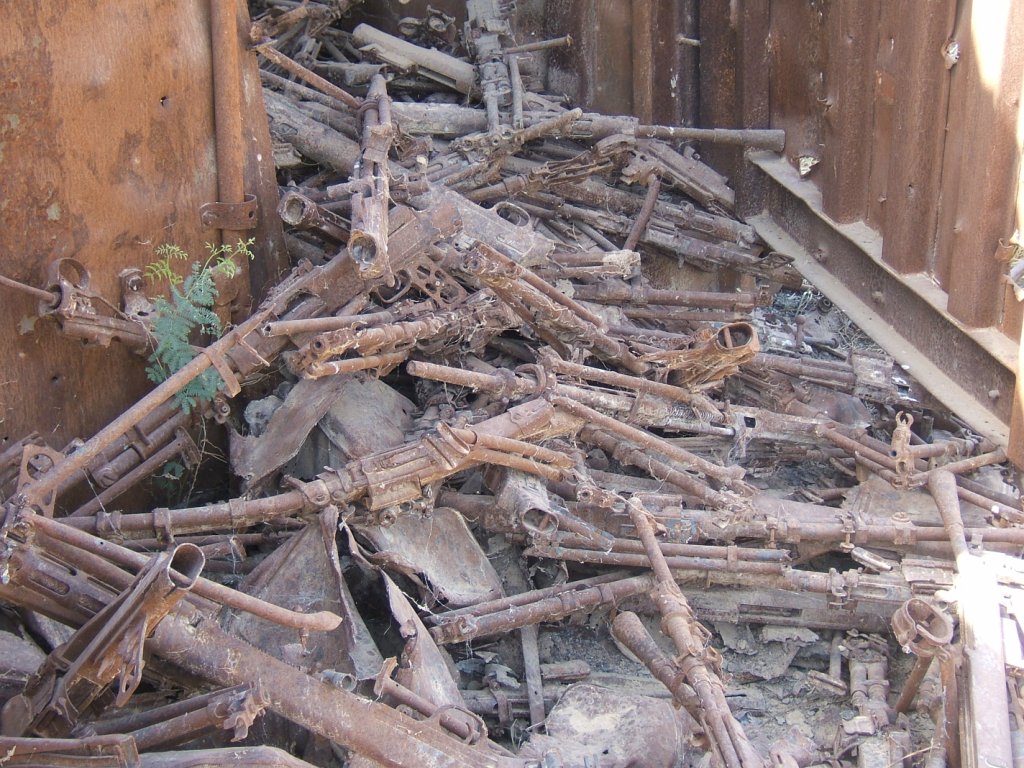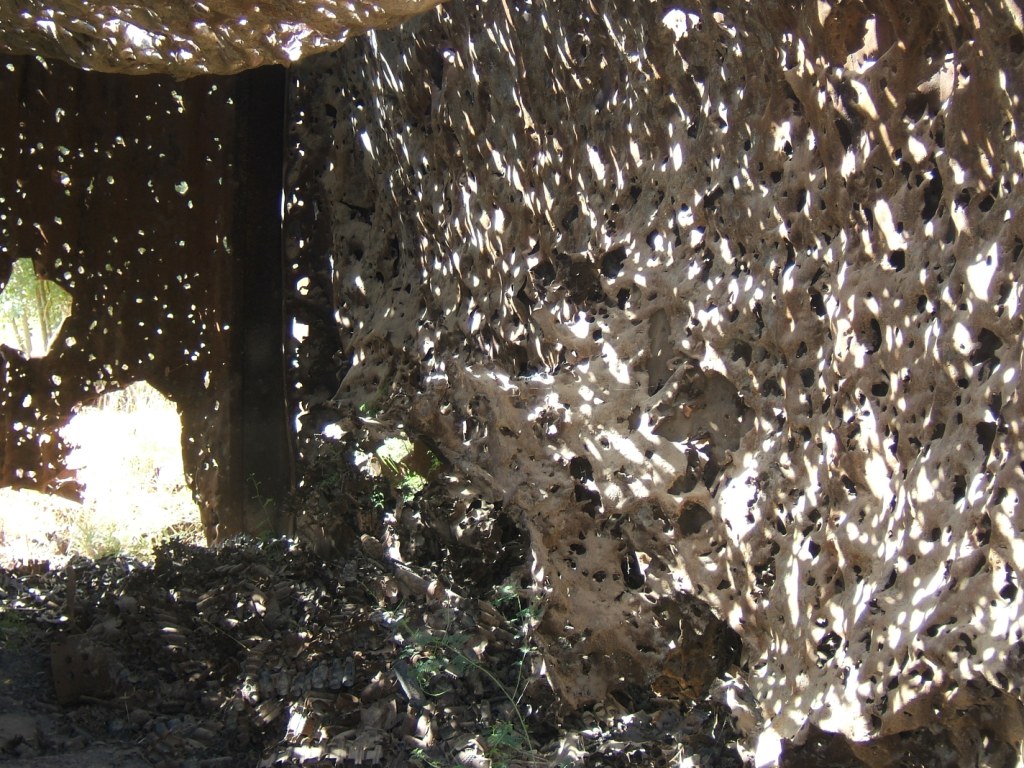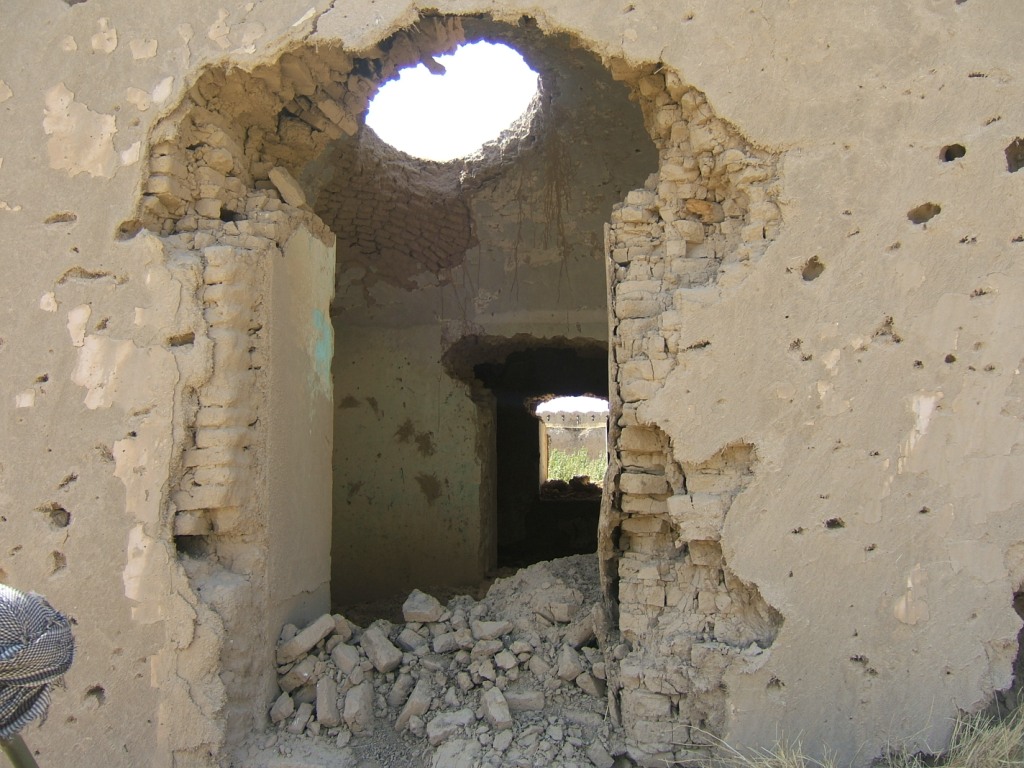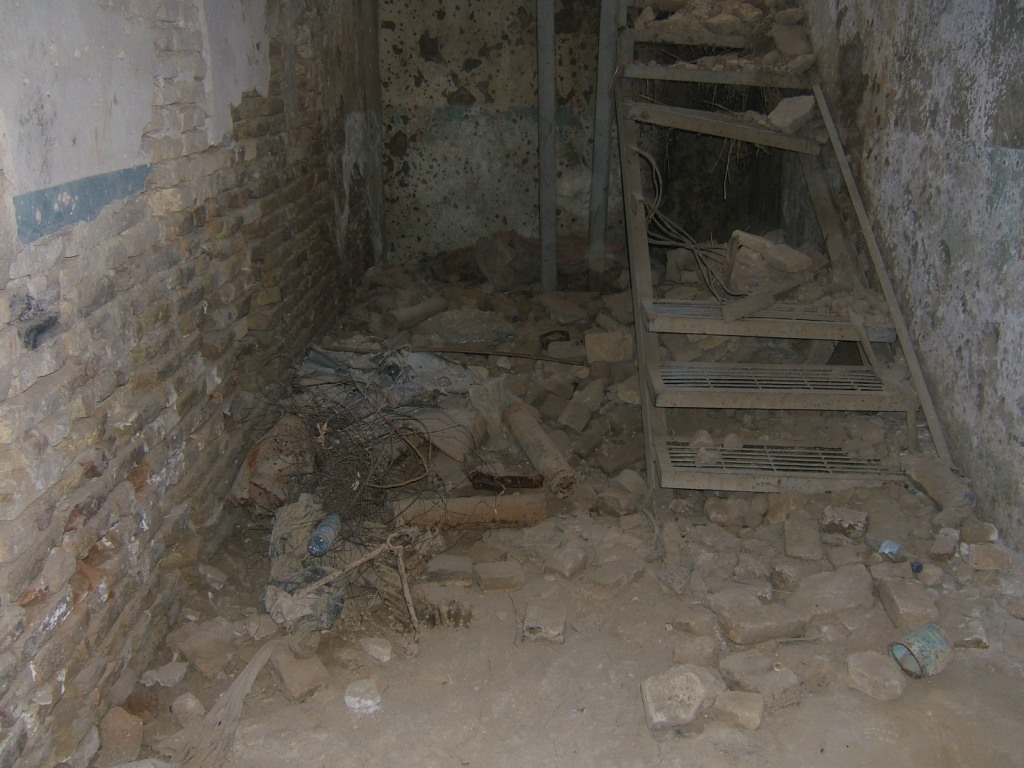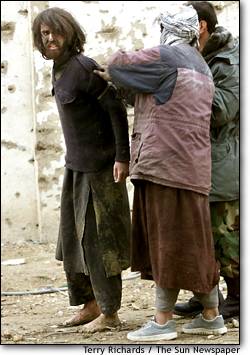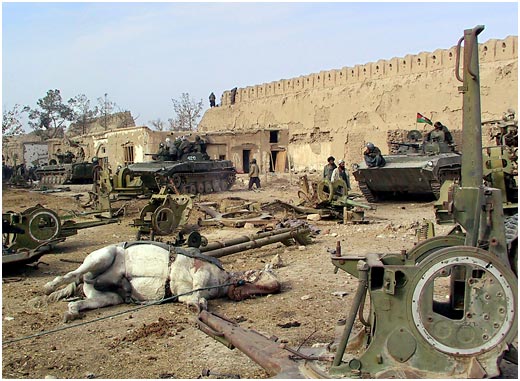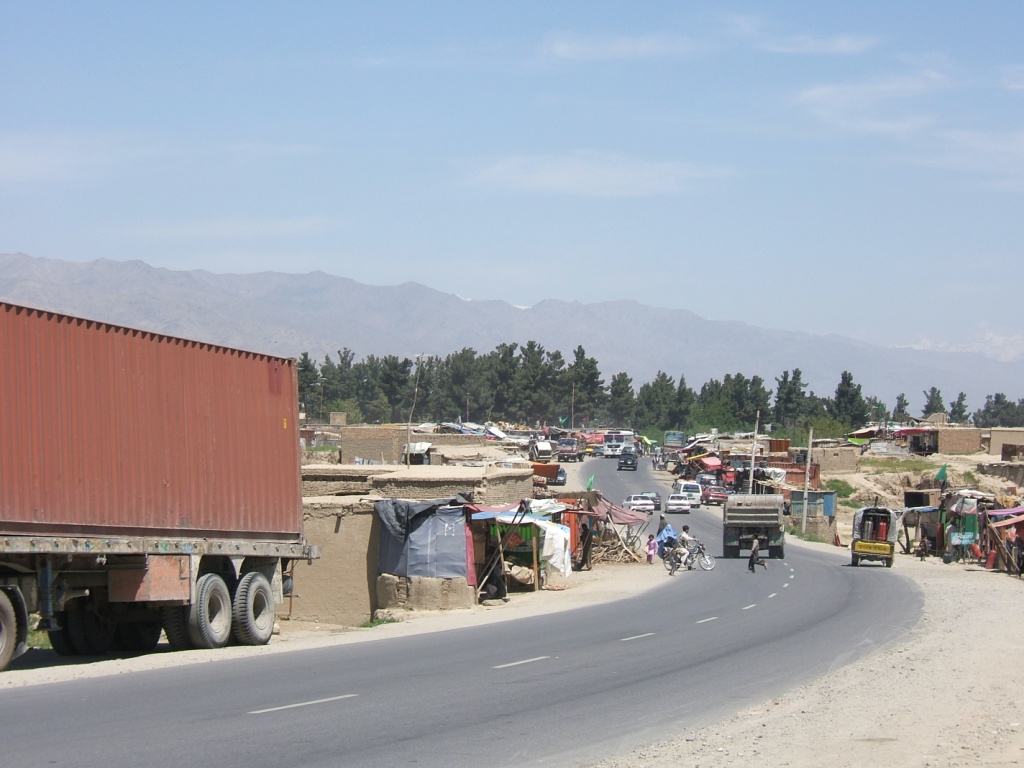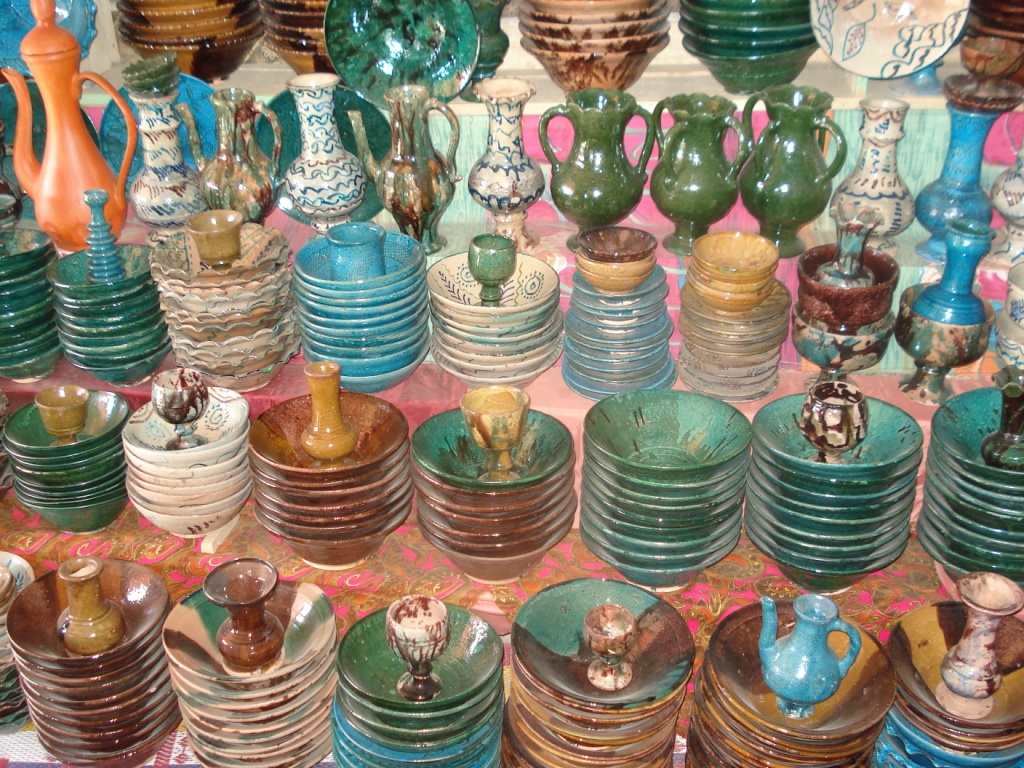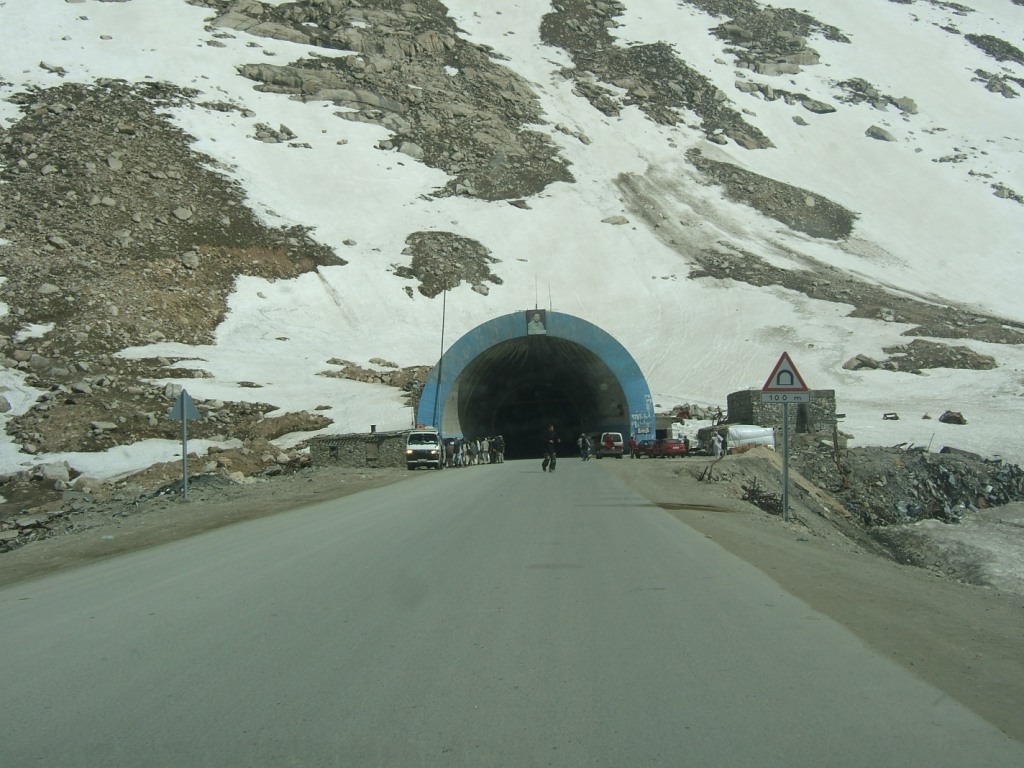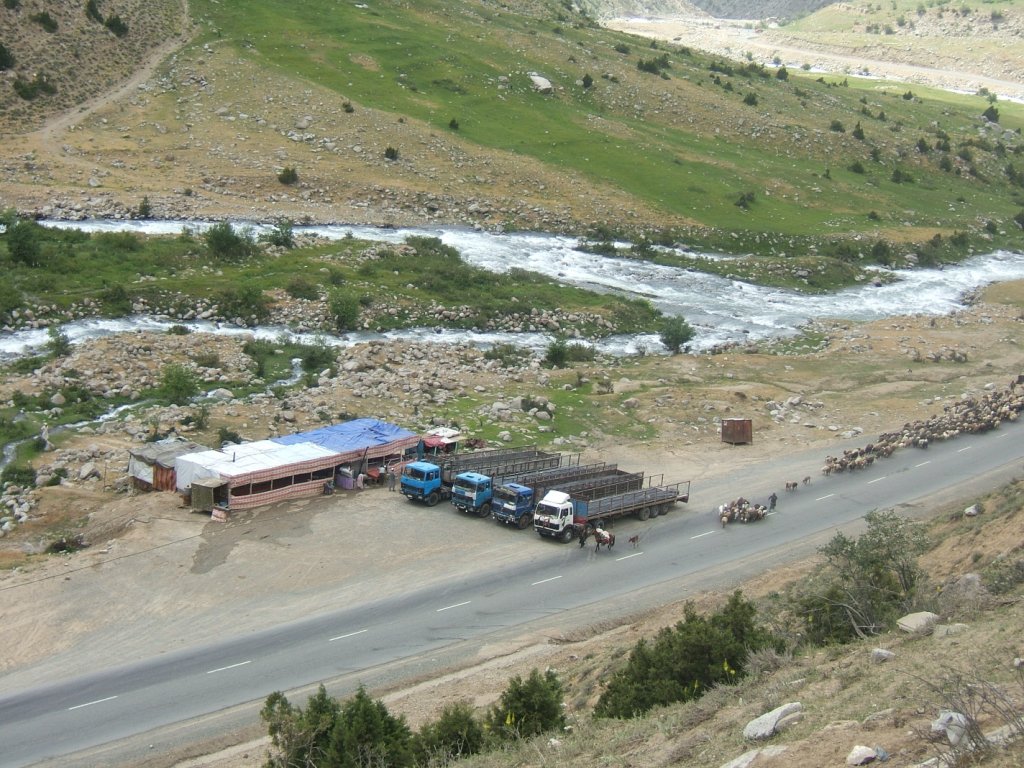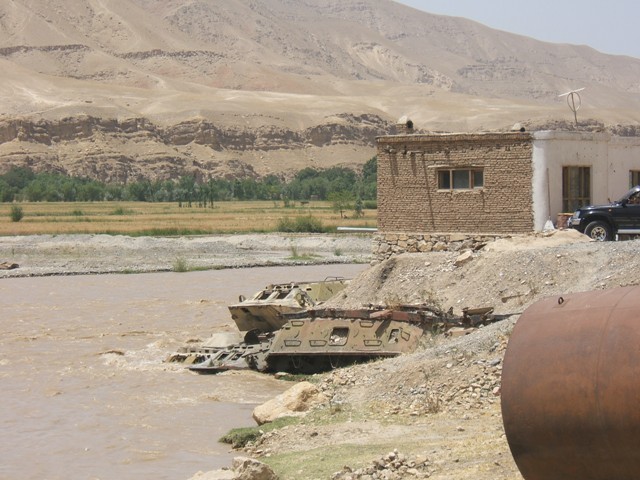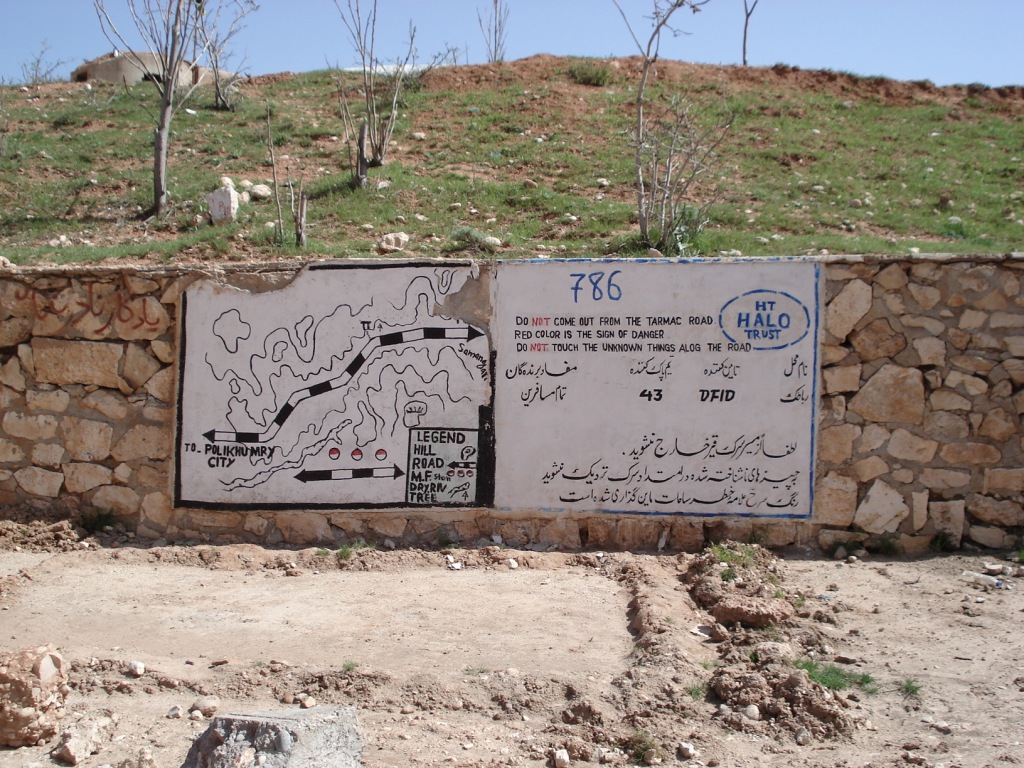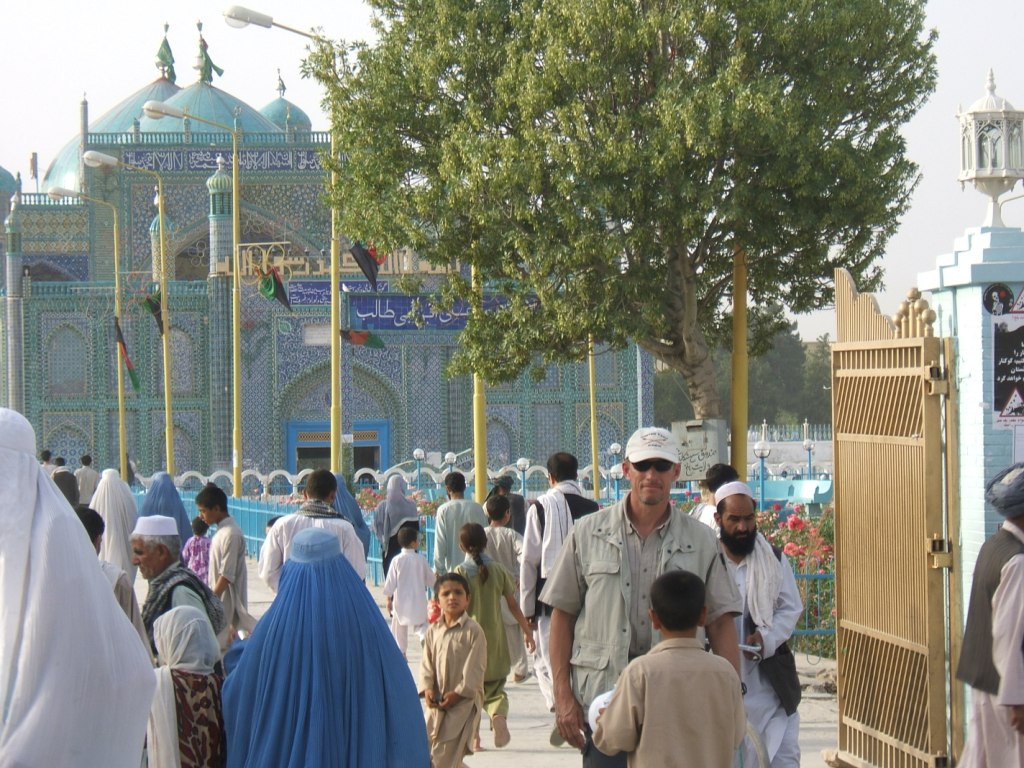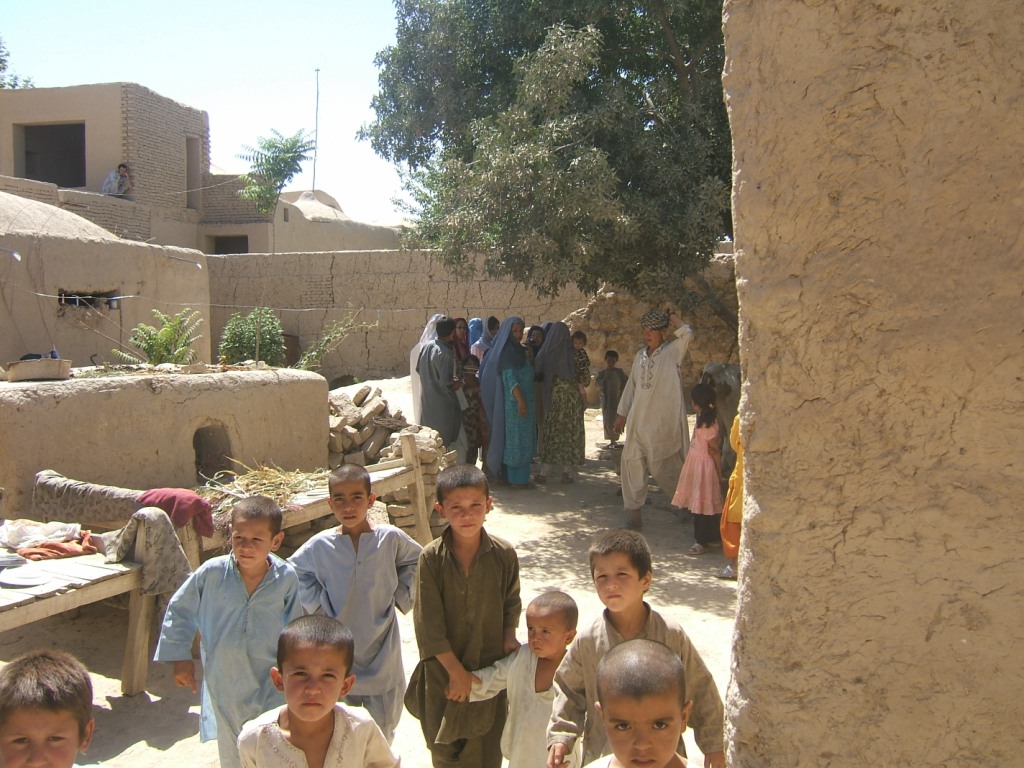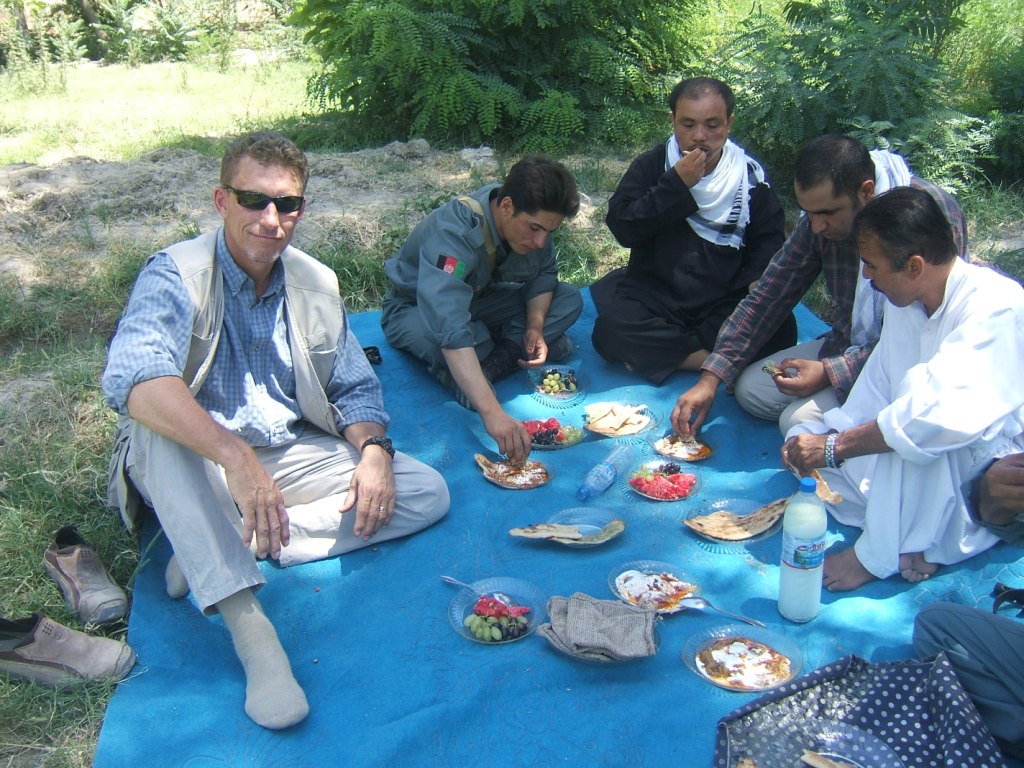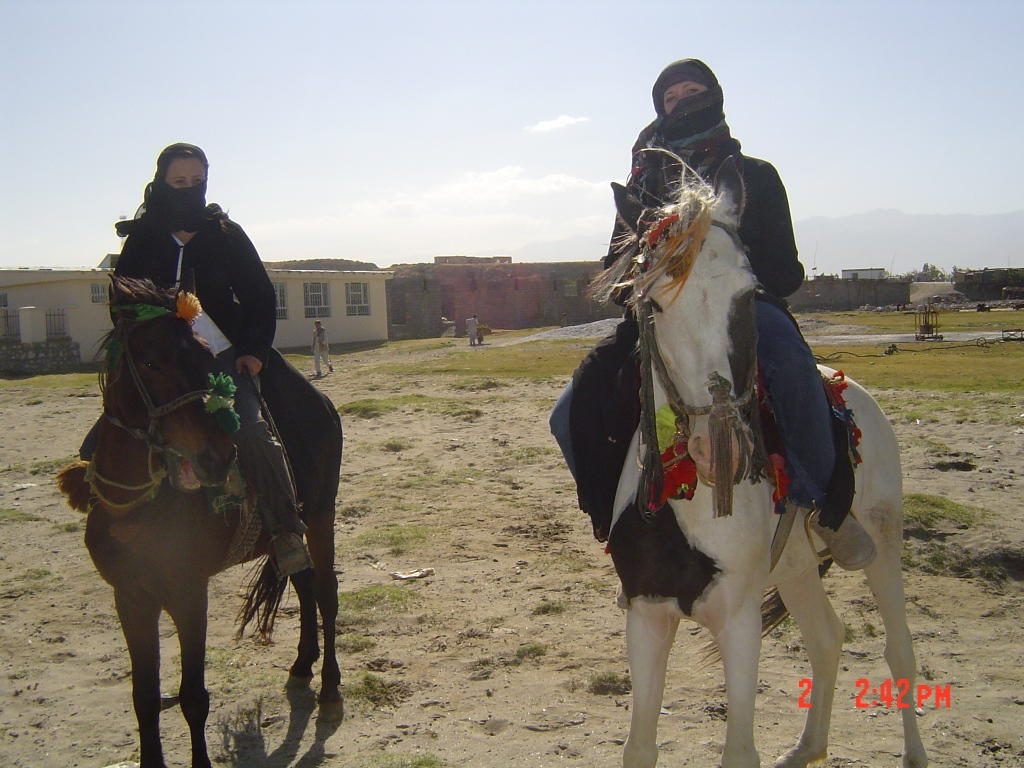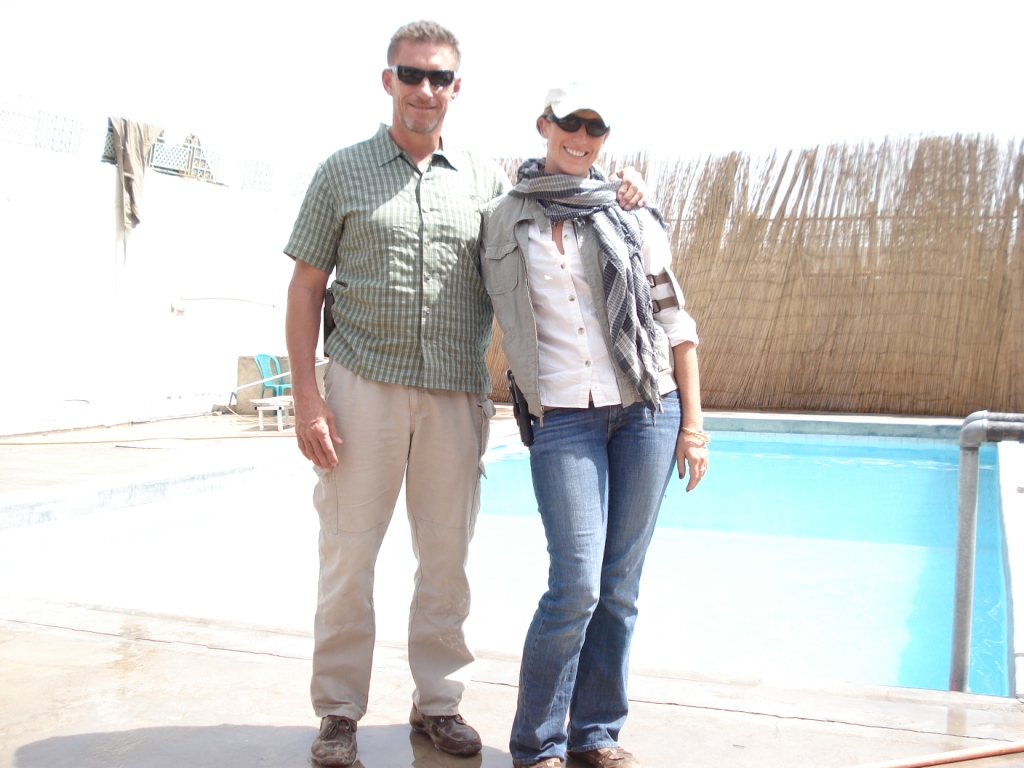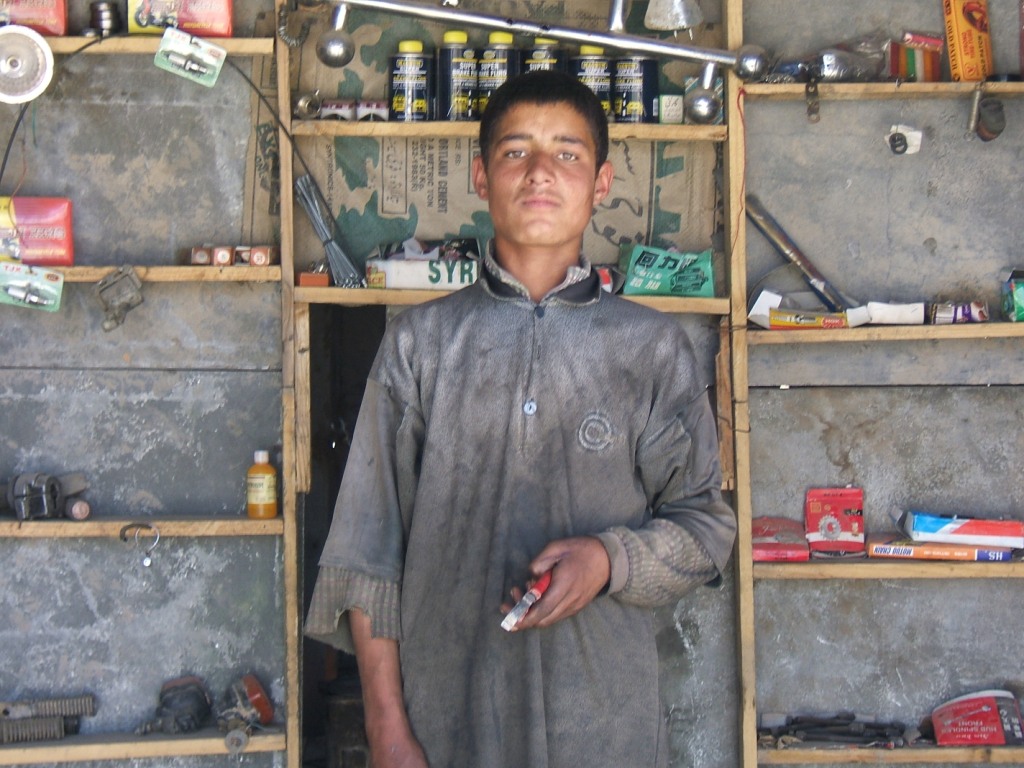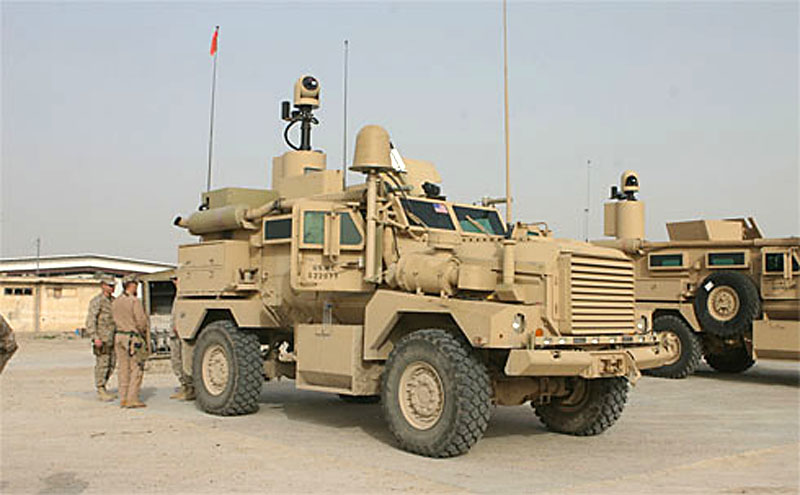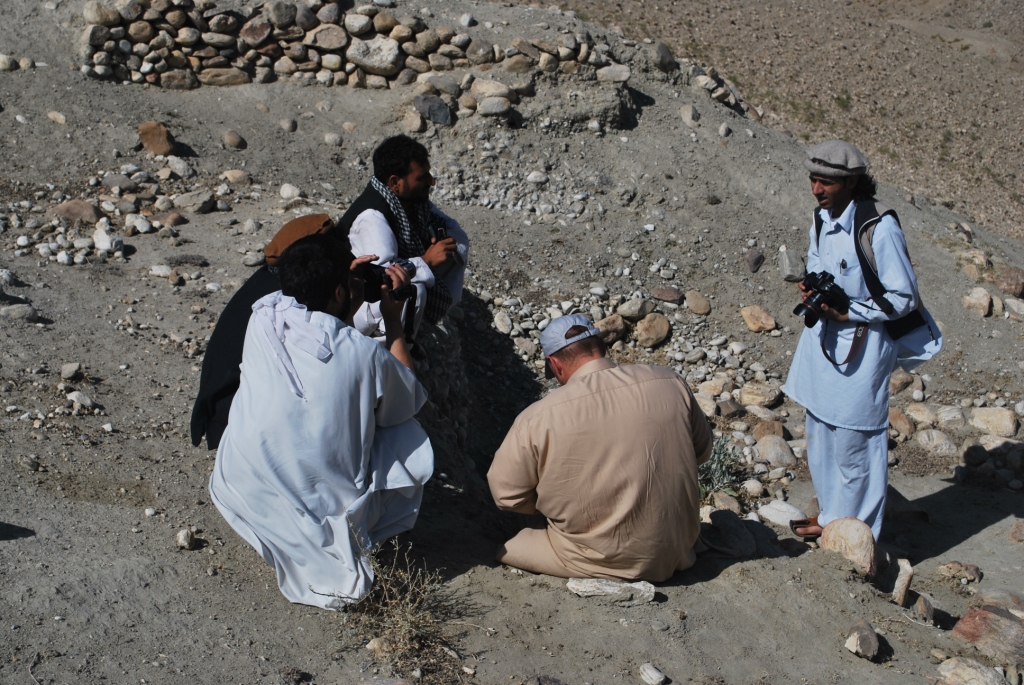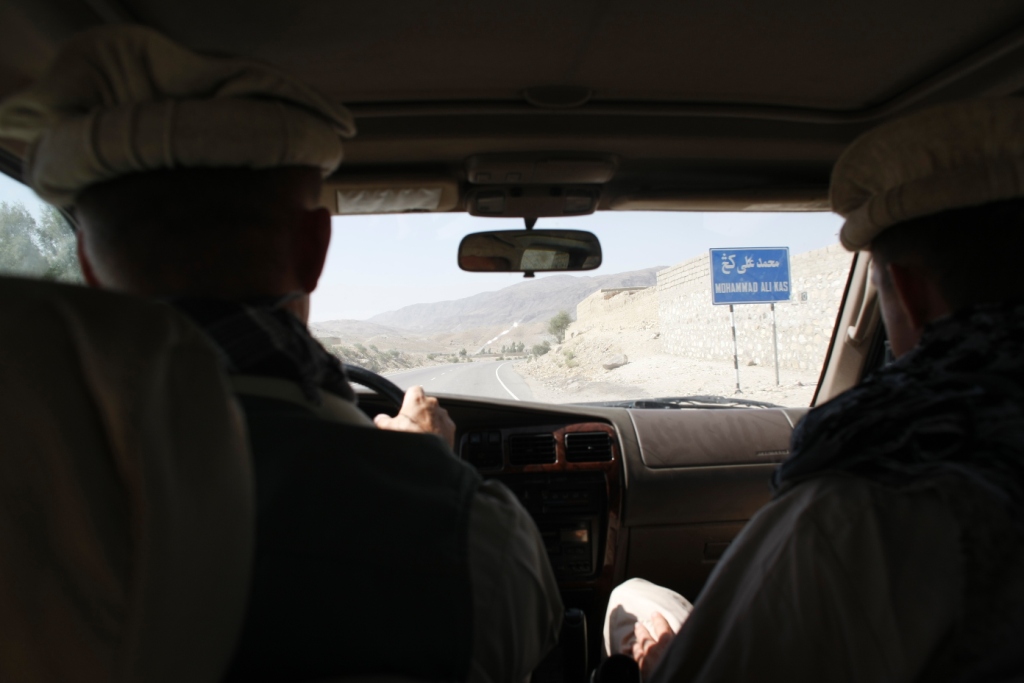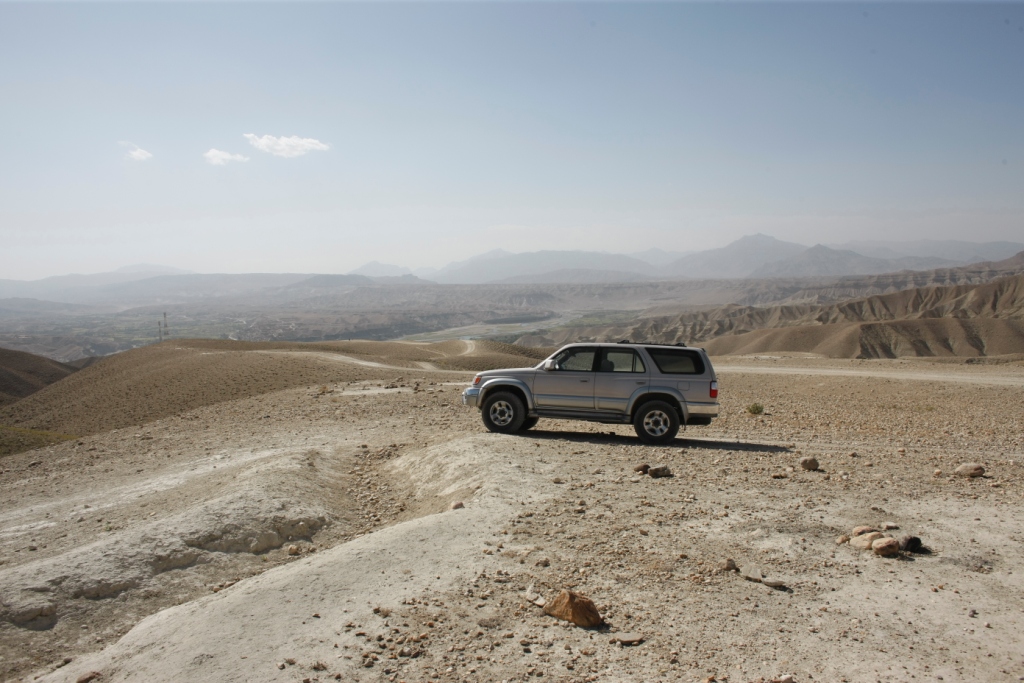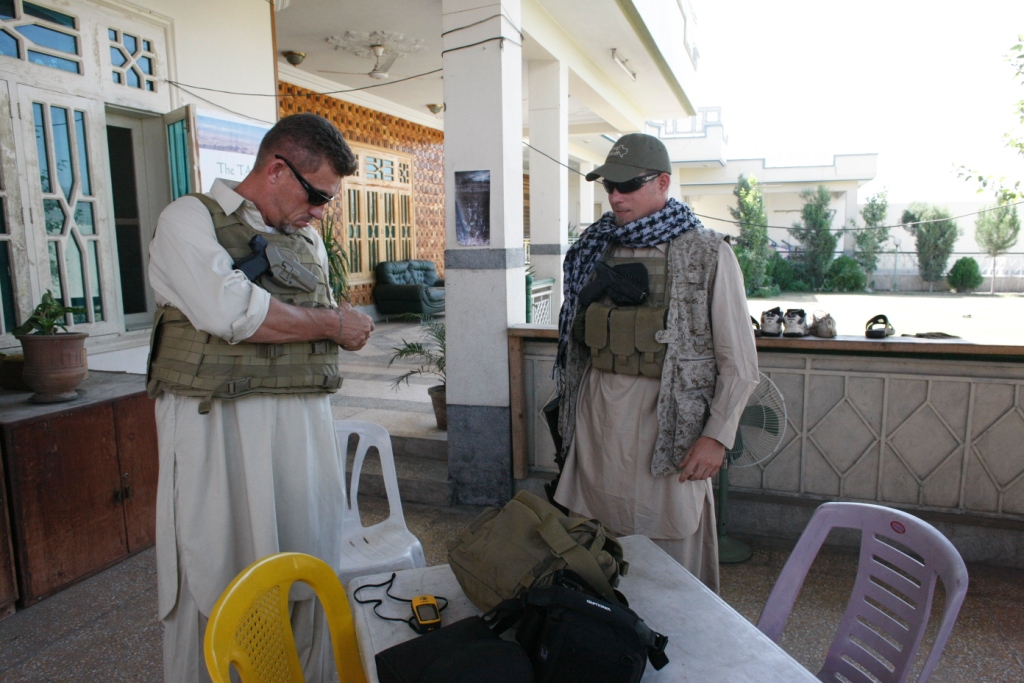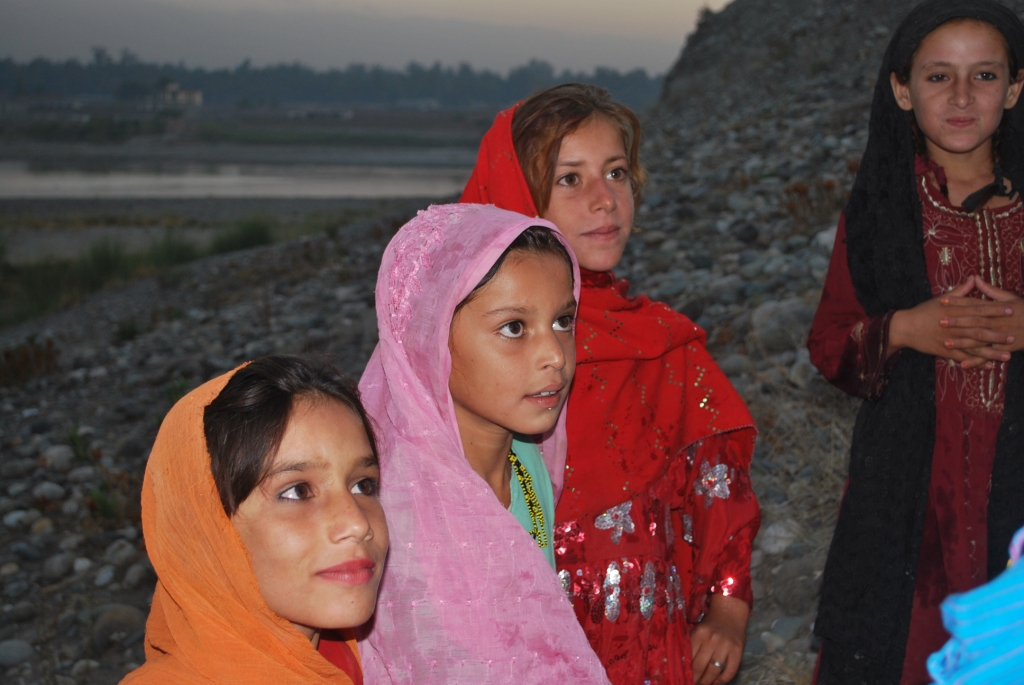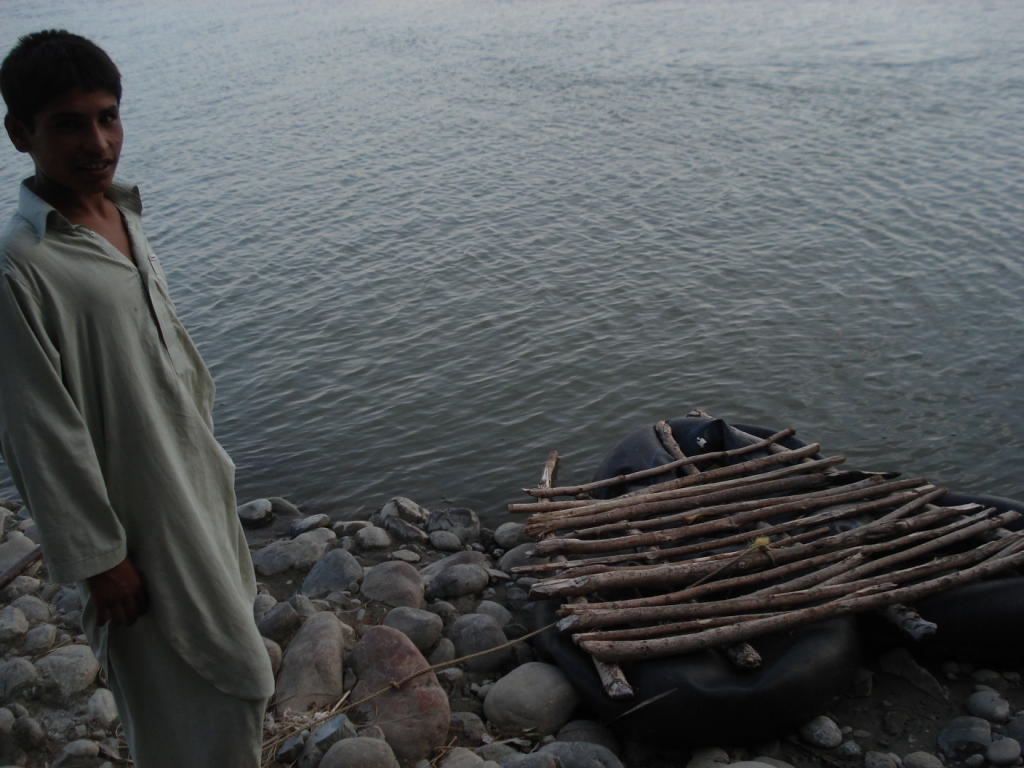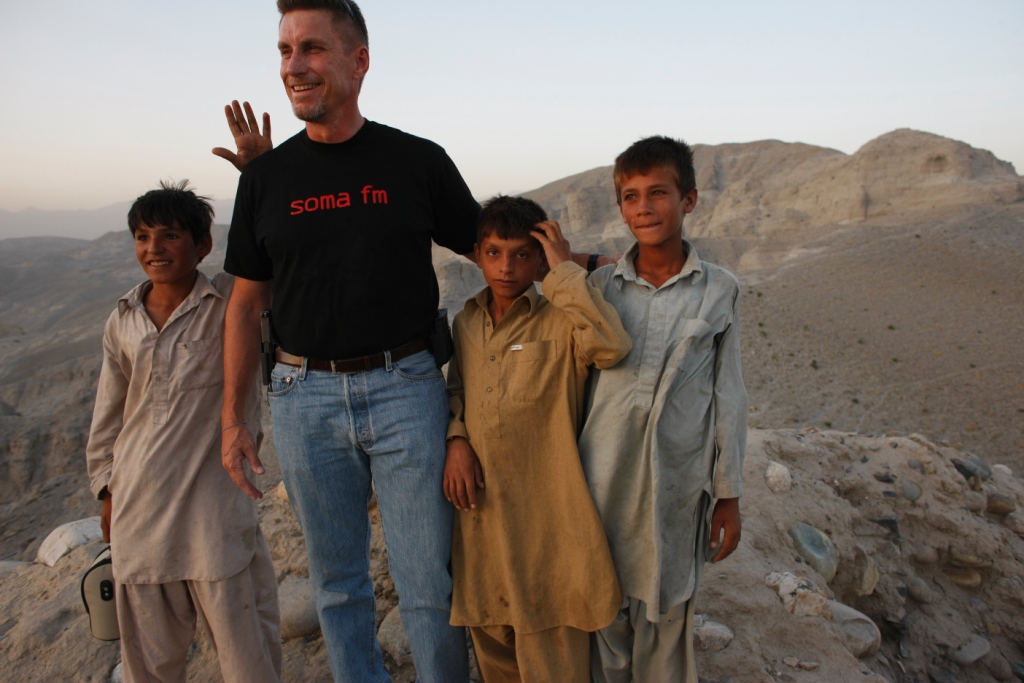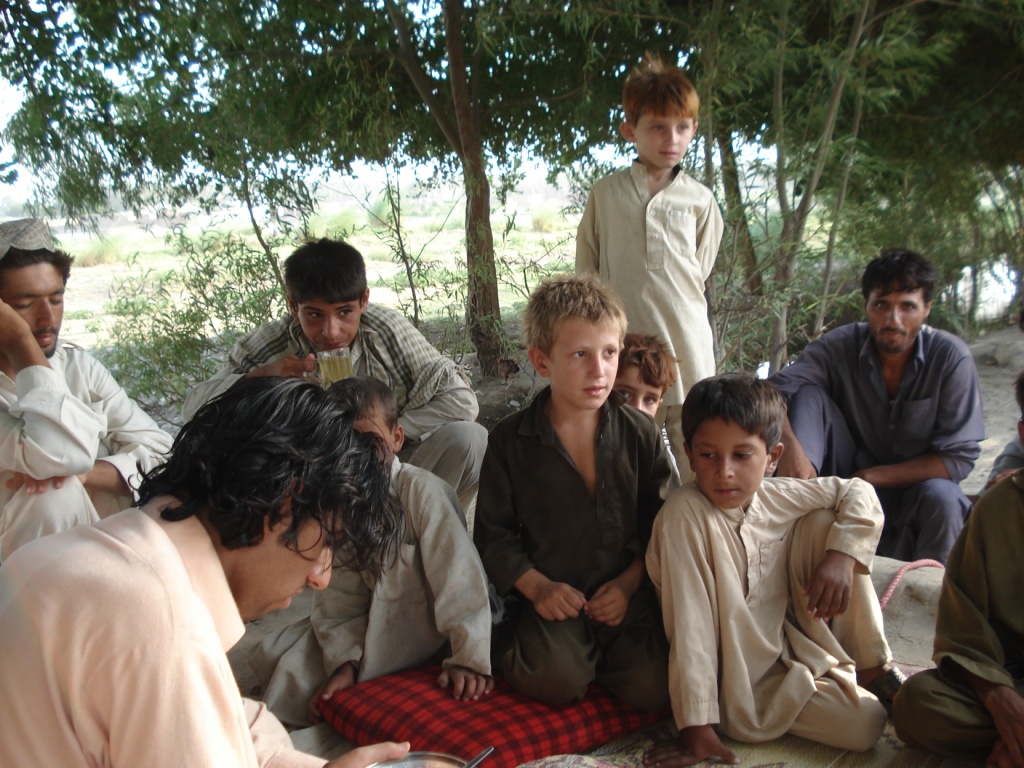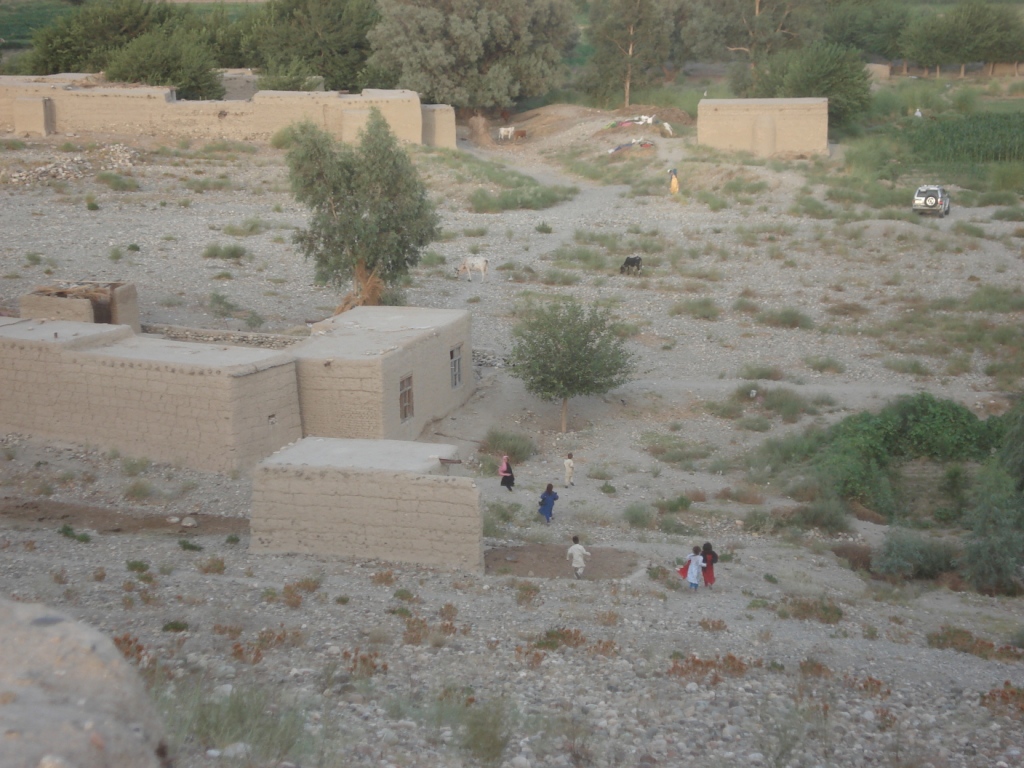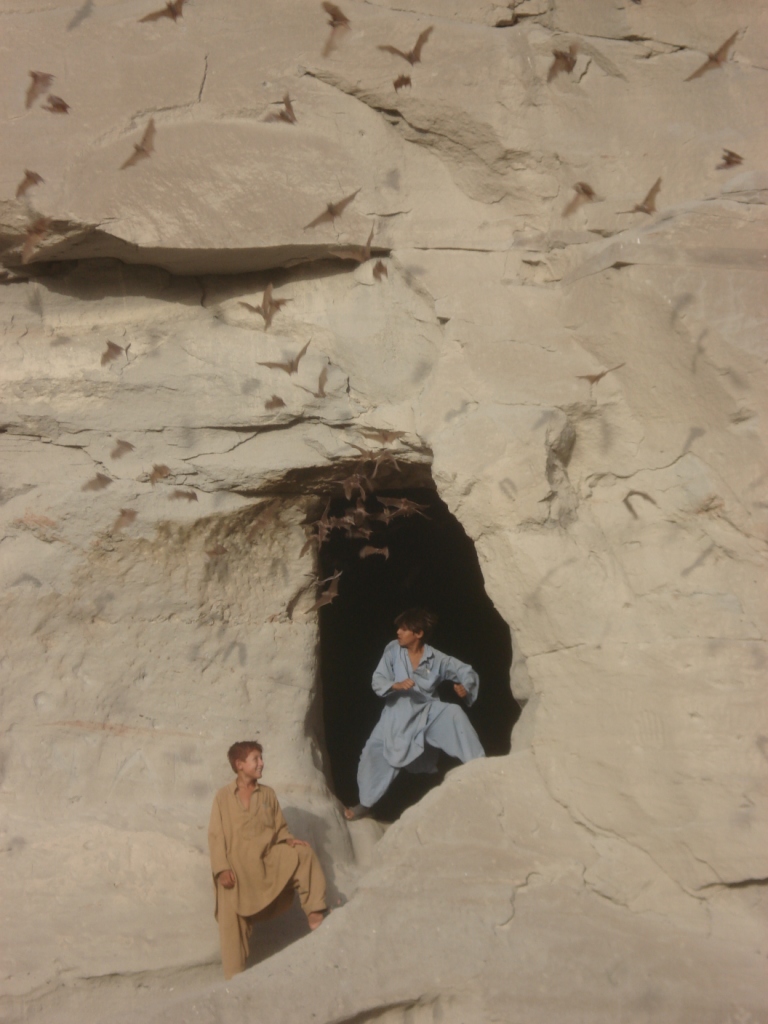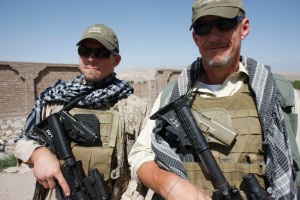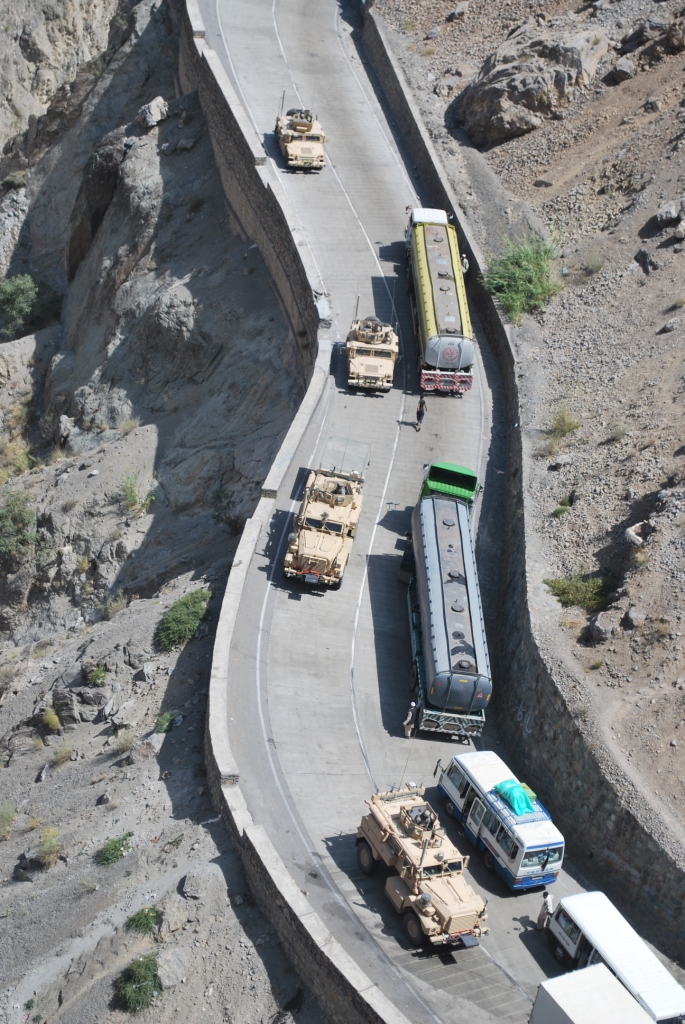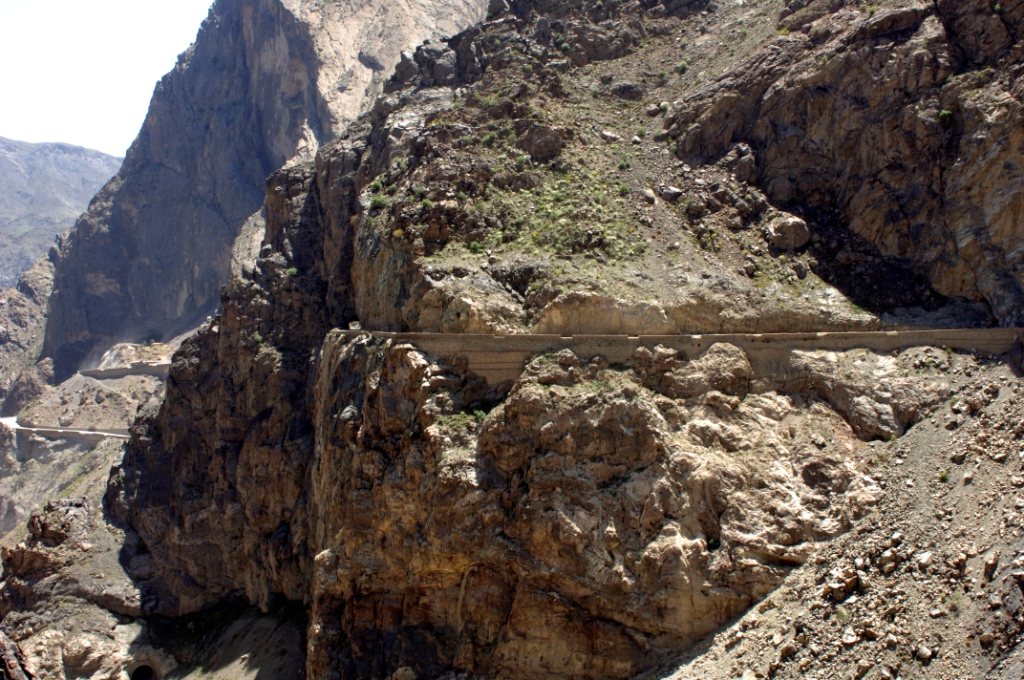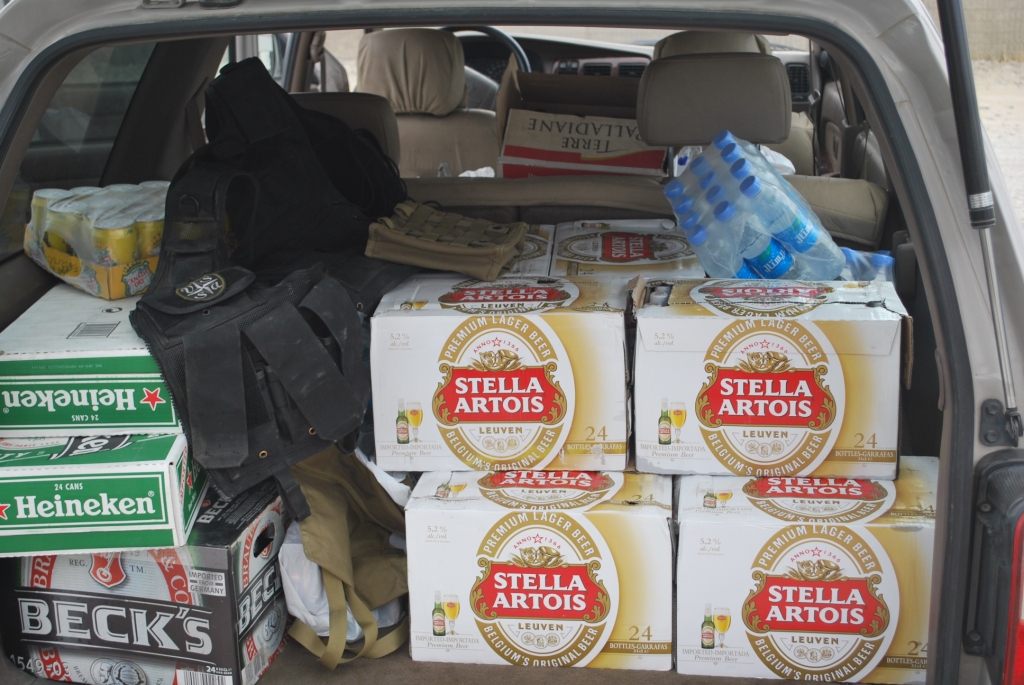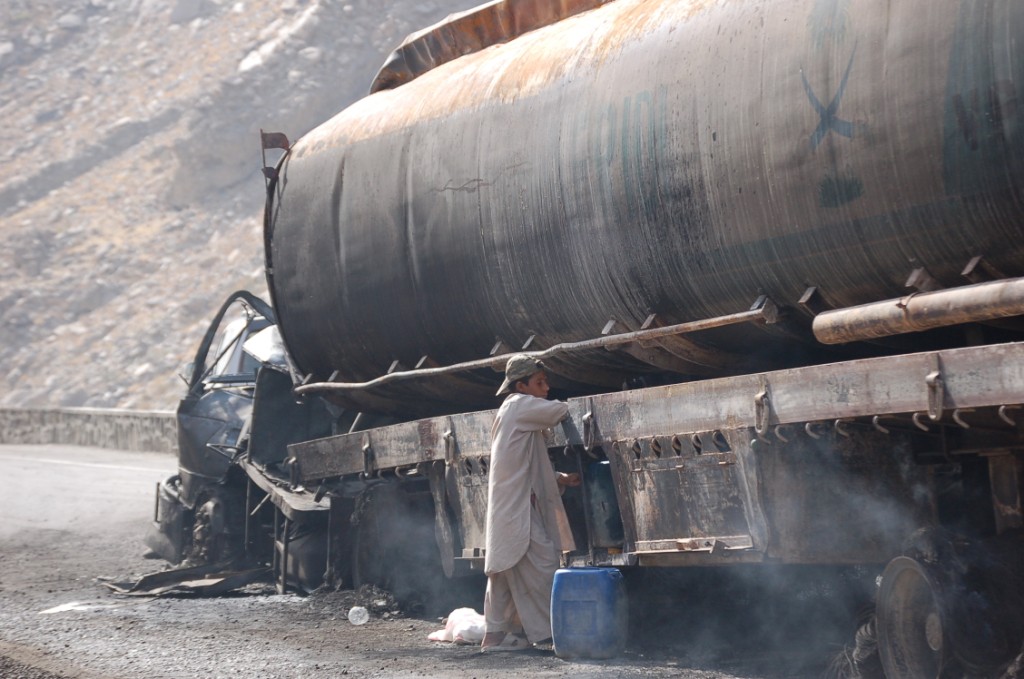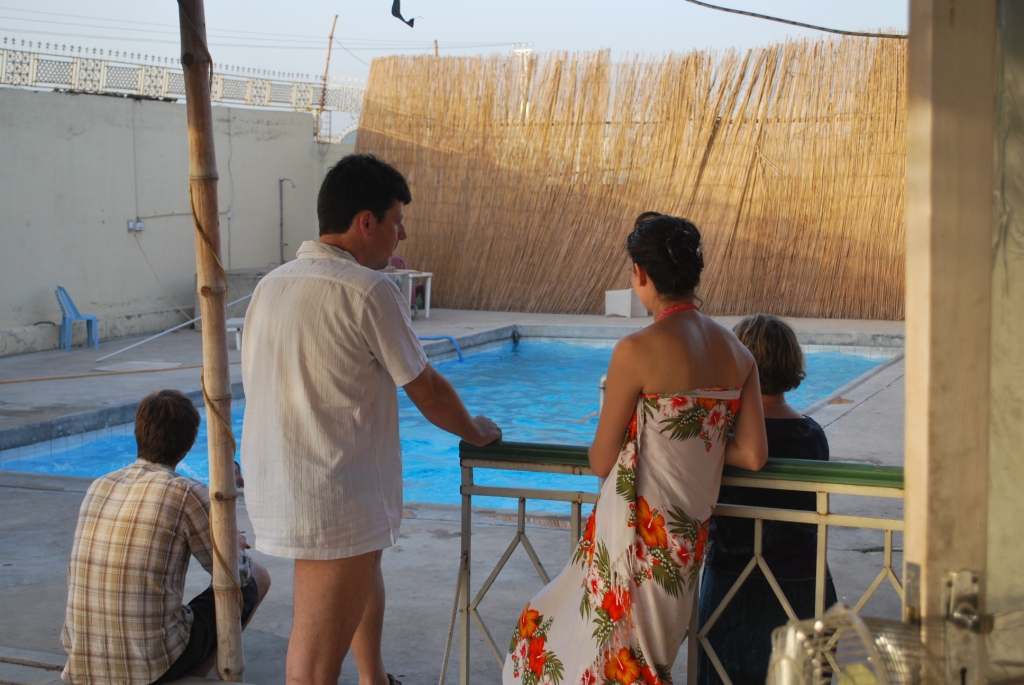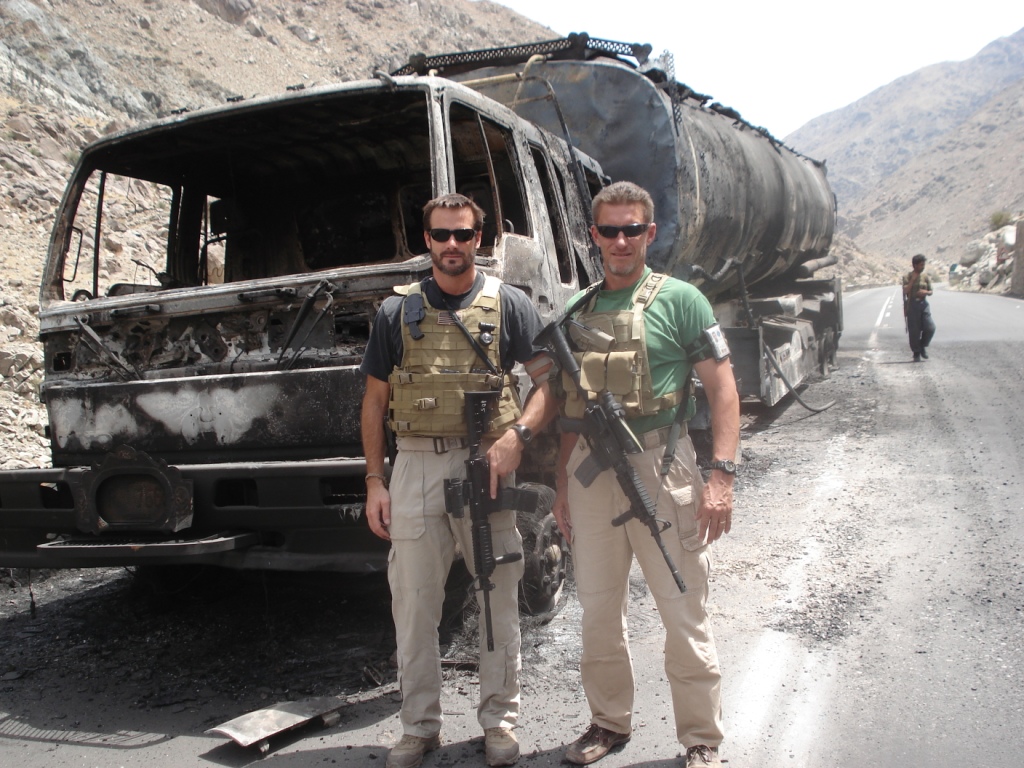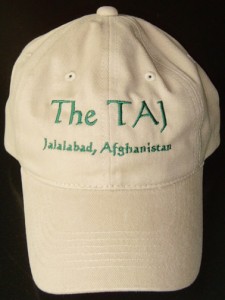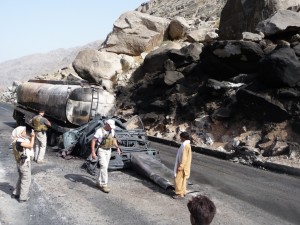The southern region of Afghanistan is unstable, dangerous, and a hazardous place to travel by road these days. This is a new development that started about one year ago. Before that, we would routinely make trips down to Kandahar, tracing the same route made famous in James Michener’s excellent book Caravans. Back in 2005 and 2006, it was still a risky trip, but the risks were manageable. We always travel in armored trucks in these contested areas, but unlike 98% of the other security companies in Afghanistan, we opted for the low-profile trucks with firing ports. These rides are not comfortable and noisy, but they perform as advertised.
I hate being stuck in large armored SUVs because you are locked in and cannot use your weapons unless the Taliban opens the vehicle for you. Usually, that is done with an RPG, which disables the vehicle and any survivors inside. People working outside the wire in Afghanistan are like people anywhere; they don’t think that they will be targeted or attacked, and therefore, they value the comfort and false sense of security that large, brand-new, armored American SUVs provide.
Hope is not a security plan, but it is the most common plan people use. Every second of every day, somewhere in the world, someone is being victimized. The chances that you are the one being victimized are minimal. But that is irrelevant when you find yourself the target of criminals or terrorists. When that happens, the statistical chances for you are now 100%, and at precisely the time you realize they are 100%, you also discover you are dealing with a pack of wolves (terrorists) or a rabid dog (criminals), and they do not respond to reason.
The route to Kandahar runs southwest through the provinces of Wardak, Ghazni, Zabul, and Kandahar. Up until last year, Wardak and Ghazni provinces were pretty safe. Our Panjshir fighters used to pick up their weapons from the police in Ghazni when operating in Kabul city became too difficult due to police harassment. They are a registered company with weapon permits, but that has nothing to do with getting arrested by the Kabul police. The corruption in Kabul is genuinely stunning, and the local cops have gotten bolder in the last few years. They have even locked up internationals from large security companies who had weapons permits, licenses, and letters from one of the generals running the Ministry of the Interior. Our embassy and those of our allies couldn’t care less; security contractors are as popular with them as an ACORN-trained community activist would be with me. Local Afghan security companies have it much worse, depending on who owns them and who is watching over them. I would go on about this rather sore topic, but prudence dictates I leave this sleeping bear alone.
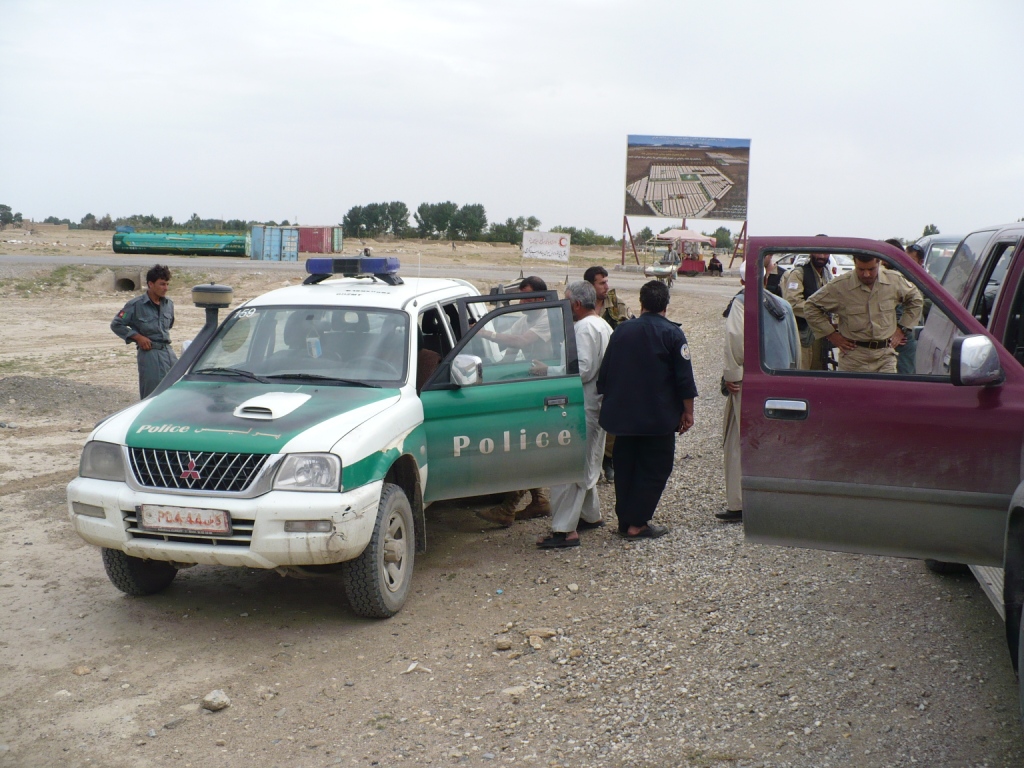
Wardak province is now statistically the most dangerous portion of the trip south. Earlier this month, AOG fighters ambushed a convoy guarded by Afghan security contractors in the middle of the day. They killed three guards in the firefight and captured four whom they beheaded, again in broad daylight, on the main ring road. These AOG fighters call themselves Taliban, but they are not the Taliban we read about training and infiltrating out of Pakistan. The “Taliban” elements who routinely attack military units and oil tankers along the route south are local people who may or may not be sympathetic to the Taliban cause.
Many are local criminals whom the Taliban pay to do their bidding, which is most ironic. The Taliban got their start back in the 90’s in Kandahar by hanging an Afghan soldier (and his commander) who had raped a local school girl the day prior. Mullah Omar was the leader of this group of religious students, which entered the Army camp reportedly armed with only the Koran and self-righteous indignation. I guess that makes Omar sort of an Afghan version of Gandhi because showing up unarmed to lynch a few miscreants is as close to nonviolent protest as Afghans are ever going to get. Instead of protecting the faithful from criminals, they are using criminals to prey on the faithful.
The road out of Wardak descends to the plains of Afghanistan and the ancient city of Ghazni. Ghazni was once considered the most incredible military fort of its day, but that fame was short-lived after the British Army arrived in 1839 and stormed it rather quickly with little effort. Here is how it looked when the British first arrived:
And here is a picture of the city today
The Ghazni PRT, run by the American military, sits outside the town astride the main road. Not all the PRTs are manned by Americans; our NATO allies are responsible for over half of them. Here is a map of the PRTs that I pulled from Wikipedia. Like many things on Wikipedia, it is wrong. The Germans man the PRT in Mazar, not the Swedes. The PRT in Lashkar Gah is British, not Canadian ..
Knowing which country in which PRT is critical for internationals working in Afghanistan is vital because each nation in ISAF has caveats covering which missions their respective governments authorize them to do. This is a fancy way of saying that many of our allies are not allowed to leave their compounds and come to the rescue of internationals in distress. The American PRTs will always respond to calls for help at any time and in any condition. I understand the Brits, Canadians, and Aussies have identical rules and attitudes. As for the others, you are on your own. Needless to say, these caveats have contributed to the glacier-like pace of international reconstruction.
Like many bases situated in unstable areas, the Ghazni PRT has an aerostatic balloon for surveillance and fire control.
These aerostatic systems are impressive. Some friends and I got to see how they work at FOB Lonestar, right down the road from the Taj in the Khogyani district. The technology is impressive, the capabilities unbelievable, and the details best kept on the low, but trust me, this is one piece of technology worth every penny spent developing it.
Ghazni was the last safe place to stop for needed vehicle maintenance, which we did on one of our trips in the summer of 2006. One of our vehicles had a tire problem, and we wanted to fix it before heading into Indian country. There are no tire stores here, just a stand on the side of the road with a compressor. The stand we pulled into was run by a young boy and his younger brother. Here they are diagnosing the problem.
After diagnosing the problem, the younger of the two must remove the tire using a pry bar and tackle rig.
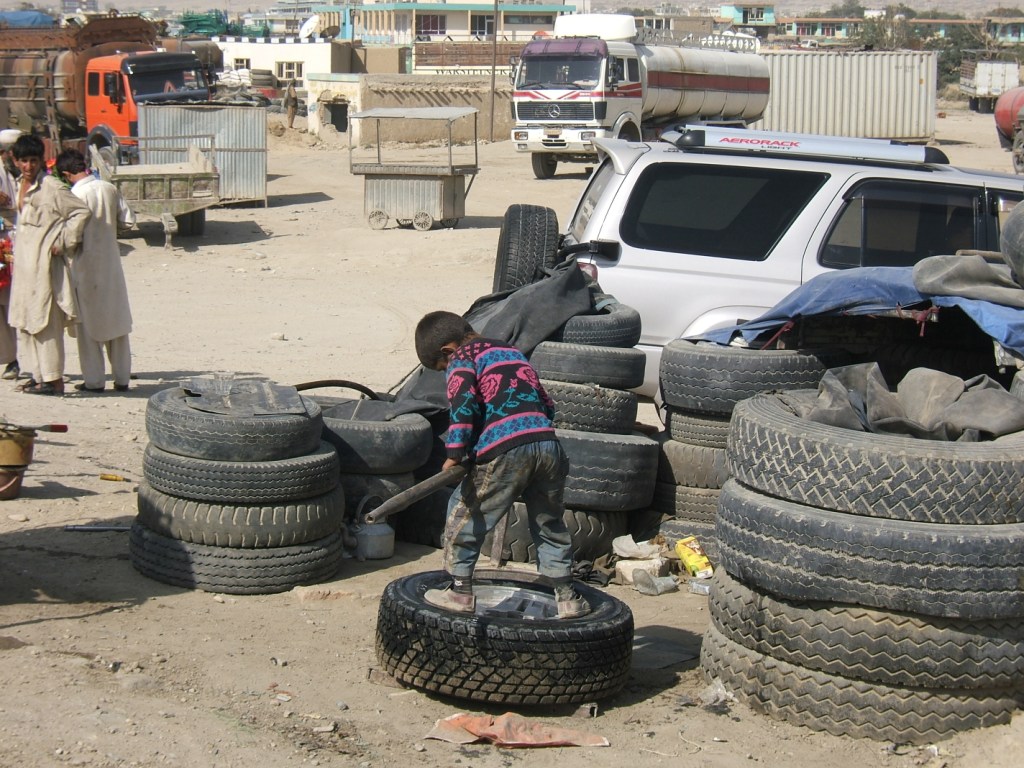
It was well over 100 degrees that day. If we returned during winter, these two boys would wear the same clothes. The people here are that poor, my friends, and if you think this looks sad, you should see the beggars and trash dump kids. Having patched the tire, the younger child filled it while his brother prepared to mount it on the car. This pit stop was over in 5 minutes. The boys worked with the intensity and speed of a NASCAR pit crew.
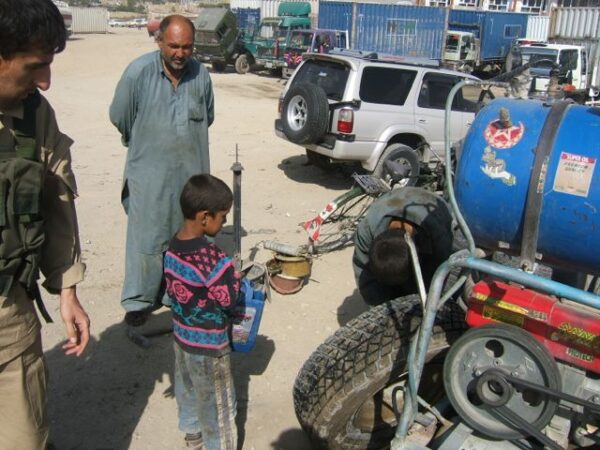
Heading south out of Ghazni towards Qalat, you run through a series of unsafe villages for foreigners, even back in 2006. One of the most notorious was Shah Joy, and it is the scene of the only attack against us, if you could call it that. I was in the trail vehicle when, out of the corner of my eye, I saw a frag grenade sailing towards the truck. We were doing about 70 kph, so hitting us with the thing would not happen, and the bazaar was packed with people. I watched in utter amazement as it went off, clearly injuring some of the bystanders who did not even react when the grenade landed in the middle of the road. How weird is that?
However, the Taliban is not the only threat to the Kabul-Kandahar road. The terrain and weather conspire to sometimes turn this route into a real pain. The only way to build roads in this part of the country is to make them withstand floods. The easiest way to do that is to allow the water to spill over the road in traditional flooding areas. We discovered during a November trip that there are 23 such spots on the road, and here is the first one you run into when heading from Kandahar towards Kabul.
We were already late and not too happy about this. The locals were in good cheer and offered all sorts of advice. Understanding when you are in danger and when you are not is a key skill, and these people were not a threat and seemed to enjoy having us stuck there, too.
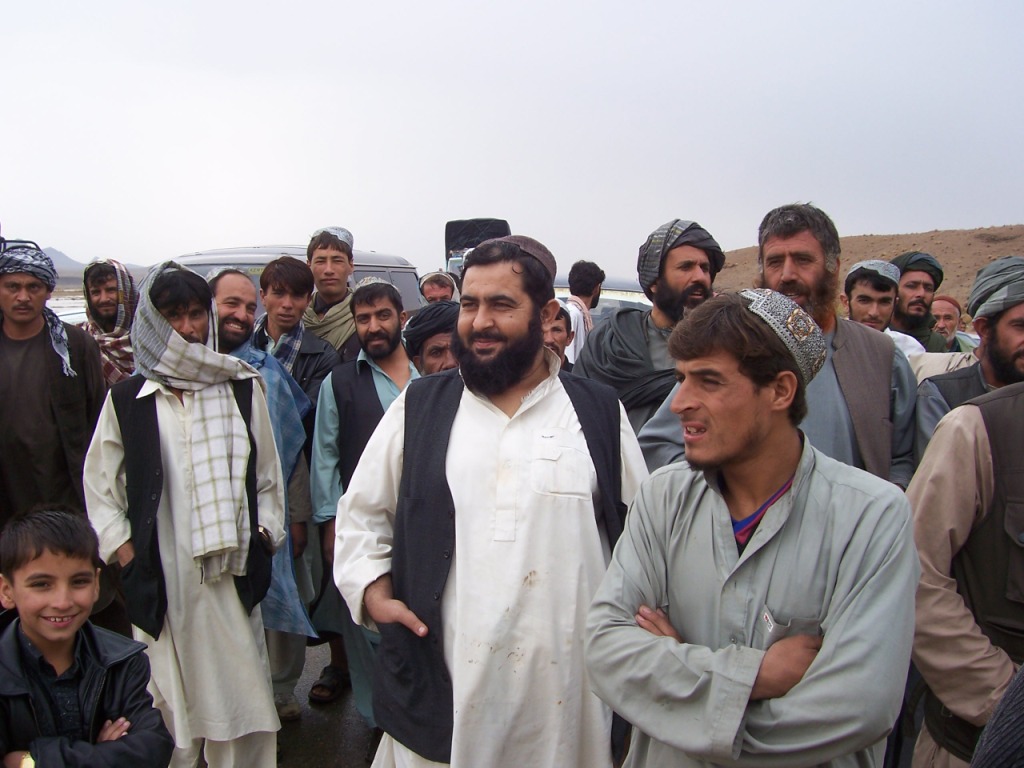
One way to tell if they are a threat is to look for high-water pants and tennis shoes. Afghans wear open-toed sandals; tennis shoes are typically seen only on male children and fighters transiting the area. The high-water trousers seem to be a style statement, but I do not know why. In this situation, if you saw a group of men in tennis shoes, the best thing to do is to walk up and offer a formal greeting. If the men do not immediately break into broad smiles and offer a return greeting, they may be Taliban or associates. When that happens, guys like us get in our trucks and turn around because unless they produce a gun, we can do nothing. We operate with the same rules of engagement as our military, but unlike our military, we are also subject to the laws of Afghanistan. Do not be fooled by the mainstream media writing stories about armed contractors being able to do anything they like in Afghanistan. There are expatriates sitting behind bars in the big house at Pul-e-Charkhi to prove that the media reports are fake news.
The truck was followed by a small passenger car, which triggered a mad rush from our side of the river.
Qalat is the provincial capital of Zabul Province and the home of another impressive old fortress. It has an American PRT co-located inside an ANA base, and they were always very hospitable when we dropped by. Here is what the town looks like as you drive in from the south. Every hilltop in this country seems to have a fort or outpost built on its crest. The one in Qalat is really cool when you see it pop up on the horizon.
Heading south from Qalat, there are just a few isolated compounds and no major bazaars or towns. In sparsely populated areas like that, attacks by AOG fighters are rare. Taliban do not like humping around in the boonies much and confine most of their activity to populated areas. That makes sense because the bad guys cover and conceal the civilian population. Moving out into the desert away from the protection that innocent civilians provide is risky for insurgents.
Our trips south always terminated in Kandahar city, home of the Continental Inn. We could find a bunk out at the Kandahar Airfield, but we would have to leave our escort to fend for themselves, which is uncool. Here is a shot of the Continental, which has slow internet but a super cook who excels at making curry.
Before hitting the Continental, we would usually pull into the Kandahar Air Field (KAF), home to about 15,000 international troops and a rear-echelon establishment extraordinaire. Gyms, restaurants, fast food stands, a boardwalk, stores, a hockey rink, and field music on Sundays.
Most of the troops on this base will never set one foot outside the wire during their tour. Many from allied nations are obese and have problems, so fat that they have issues with the heat, even though they do not wear body armor or carry weapons on base. KAF means getting a double-double at Timmy Horton’s and Burger King for my Afghan crew. Afghans love Burger King, and we like Tim Horton’s.
We do not run down south without at least one, if not two, escort vehicles filled with Tajik fighters from the Panjshir valley. We use Sediqi Security Services (SSS) exclusively for work in the south and west. They are great fighters who battled the Taliban back in the day, and the bad guys hate them more than they do us. This is an age-old technique for outsiders operating in Central Asia. If the North were as dangerous as the South, we’d travel the North with Pashtun escorts for the same reason.
We have used the same guys on all the high-risk trips we have done over the years, and needless to say, we are a tight crew. The owners of SSS are young mid-thirties who, as children, would sneak into Taliban lines to disarm and steal anti-personnel mines. They would then sell them to the Northern Alliance. Below is a picture of them leading the way back to Kabul.
That is a PKM machine gun sticking out of the back window, a good piece of kit to bring along on trips south. The new laws being written for private security companies in Afghanistan will prohibit us from owning or using machine guns. That is taking stupidity to new and higher levels, but the laws here are designed for one thing only: to make the people writing them rich. In that respect, the Afghan lawmakers are just like their democratic counterparts in Washington, only a little more upfront about it.
In 2006, Kandahar had many expatriates who lived and worked inside the city. There was even a Starbucks-influenced coffee shop run by an Afghan American that was very popular with the locals. The internationals are almost all gone now; those who remain live in heavily guarded compounds and rarely travel. On our last trip down, we were leaving the Continental to head back to Kabul, and I took this snapshot of the street.
Suddenly, the next block was empty, the shops shuttered, and the hair on my neck was on end. I took another picture before picking up my weapon. Here it is:
When you roll down a street that looks like this, you are heading for big-time trouble. There was only one way out of the city, so we had no choice but to keep moving north, but Jesus, it was a scary 10 minutes. Nothing happened that day, and I don’t know why the street cleared out like it did, but I’ll tell you what. I don’t think we’ll be heading back to Kandahar anytime soon.
